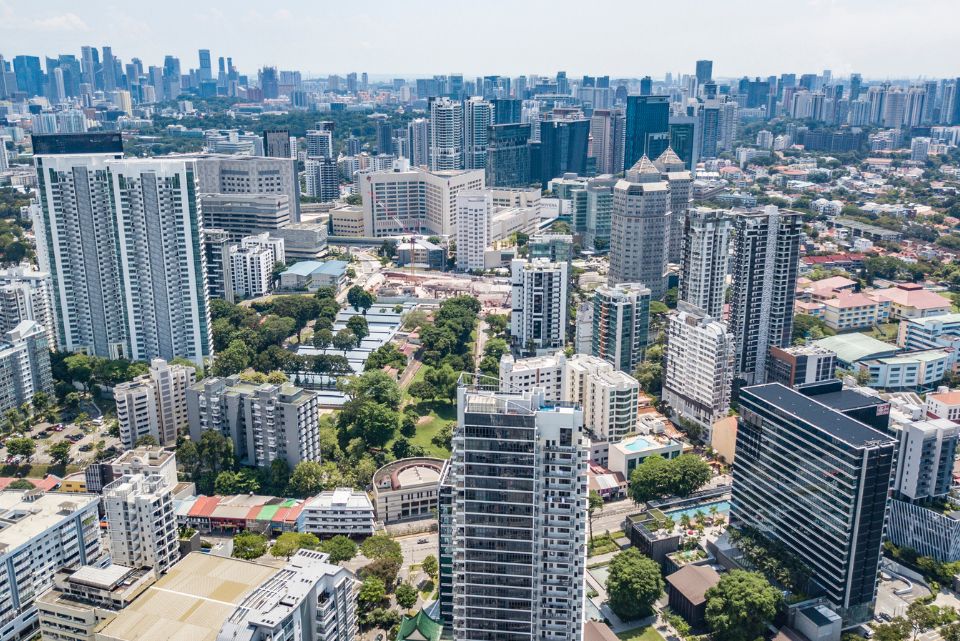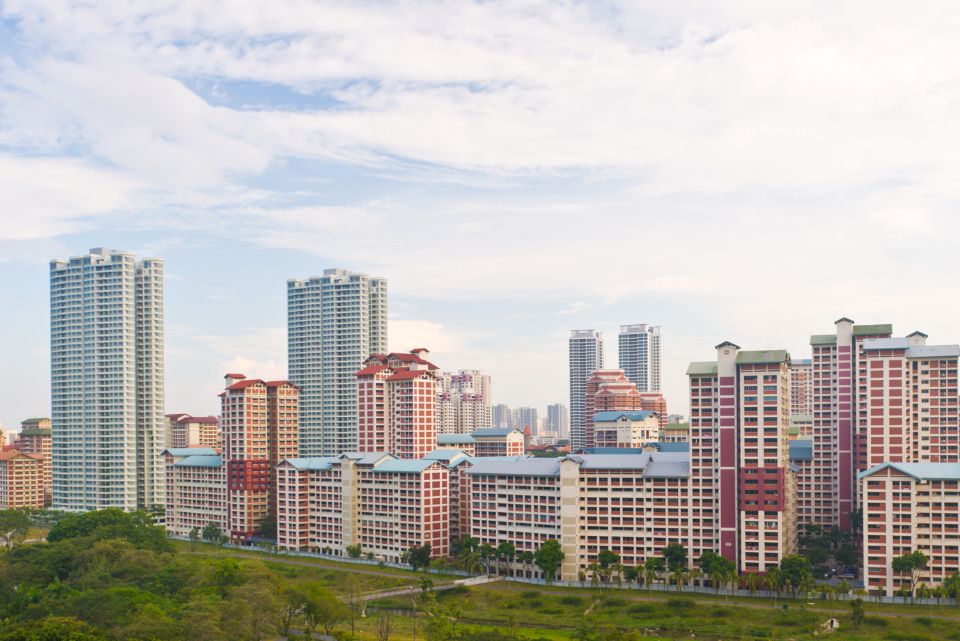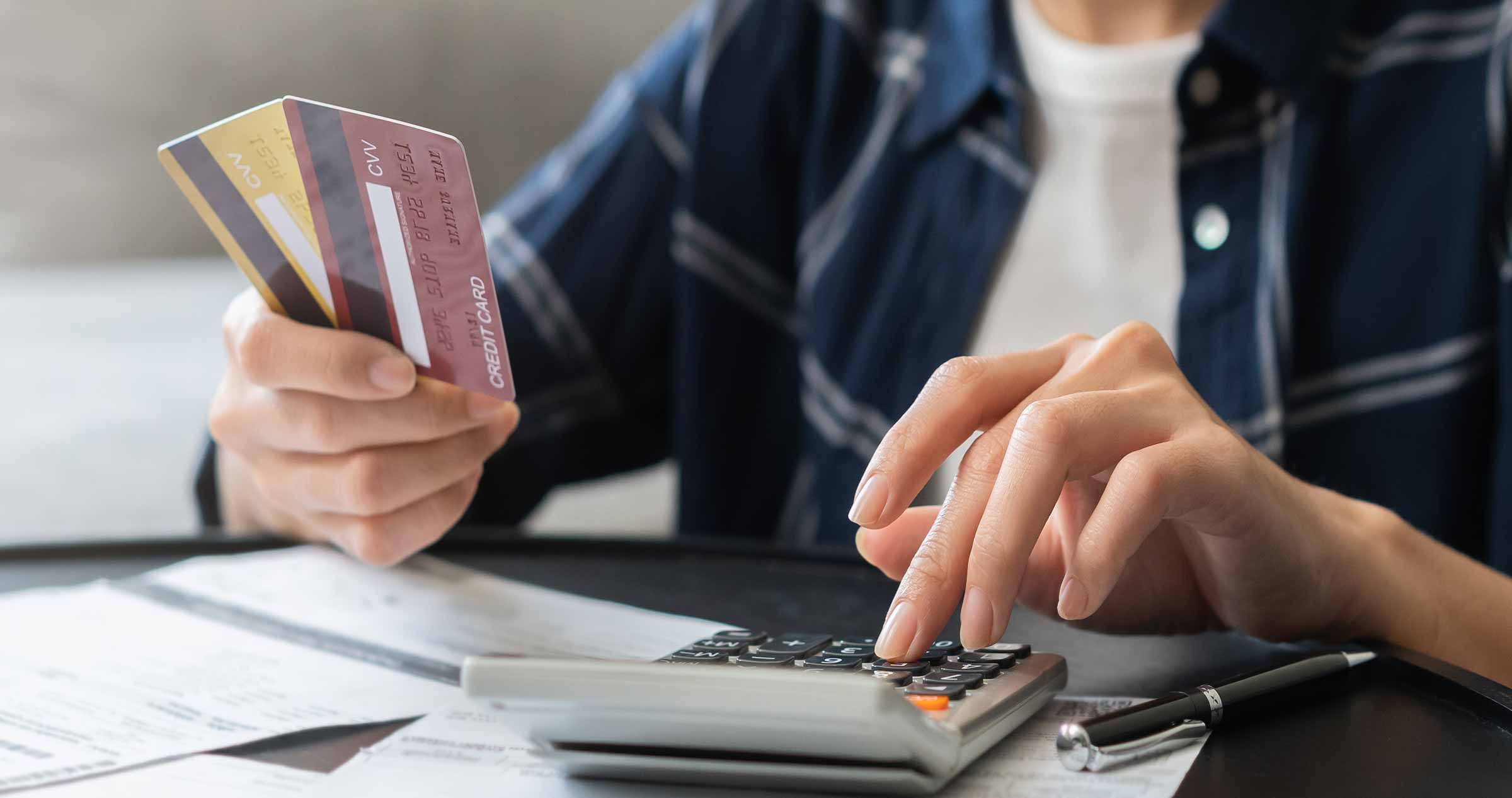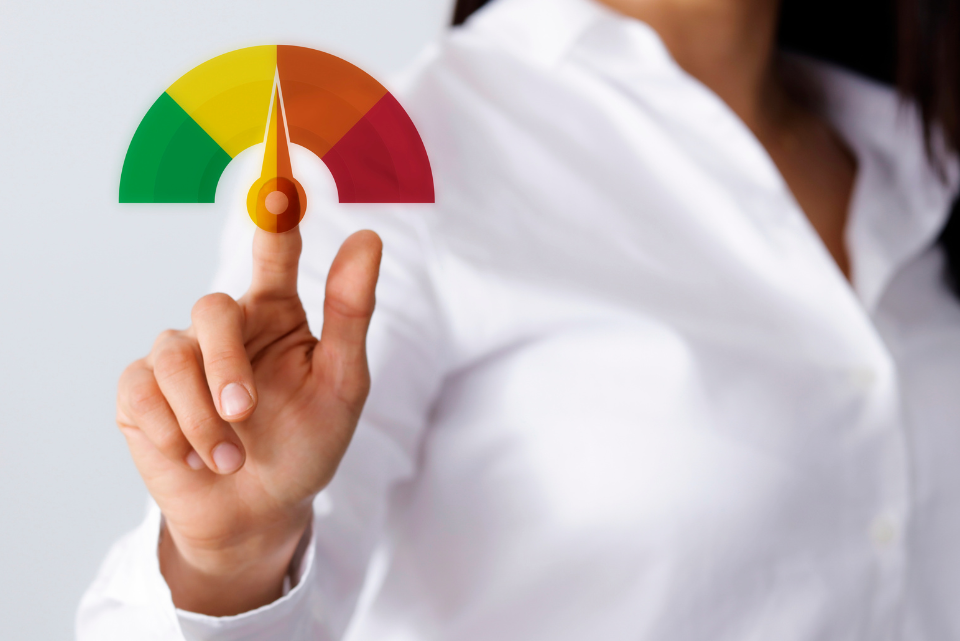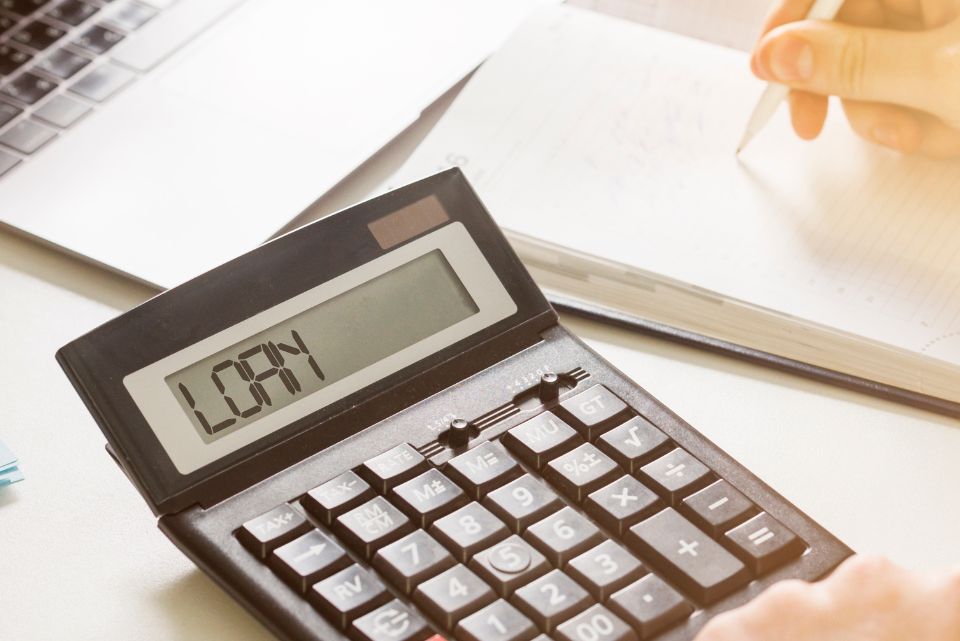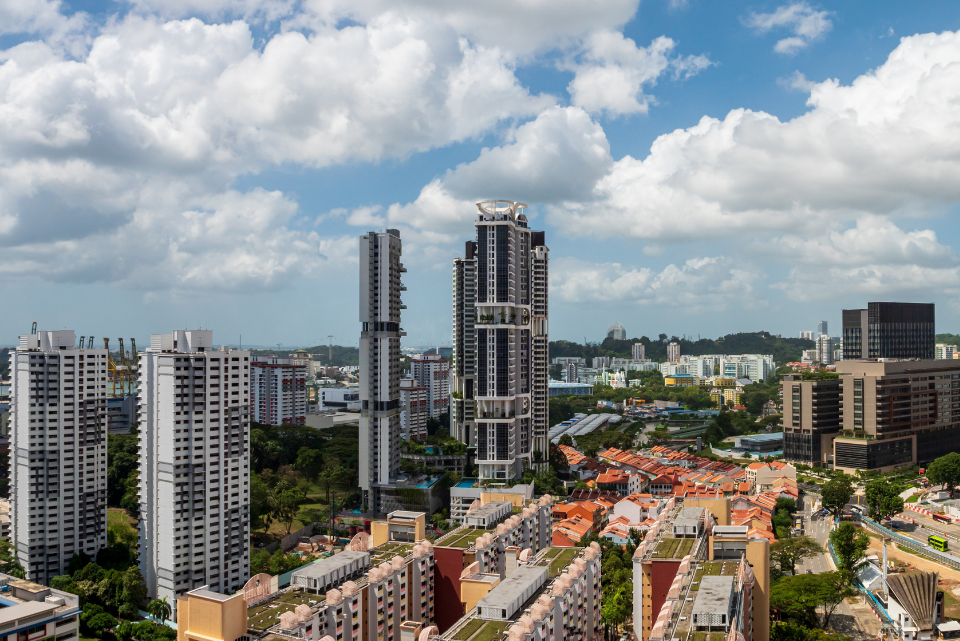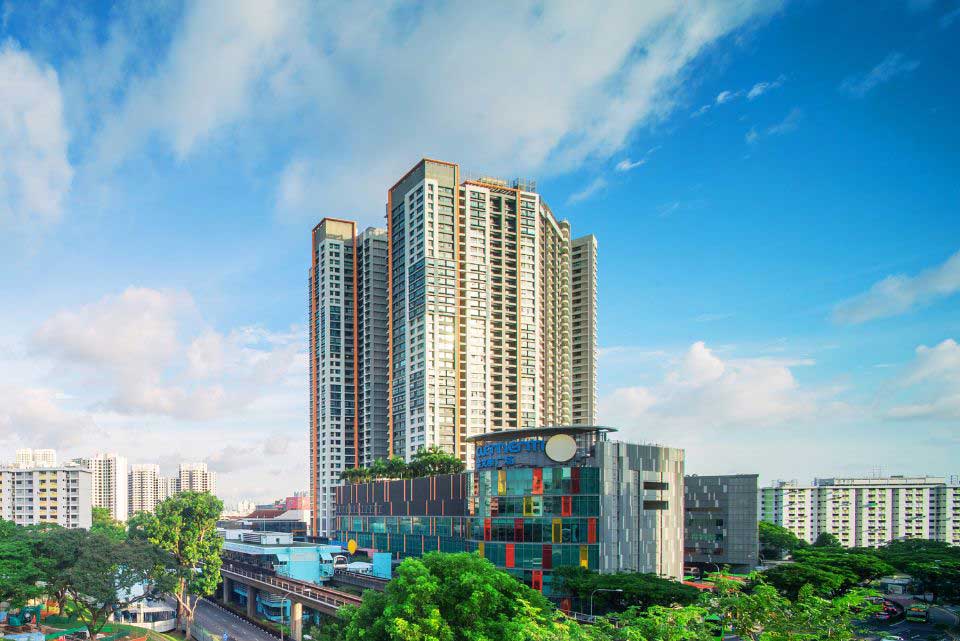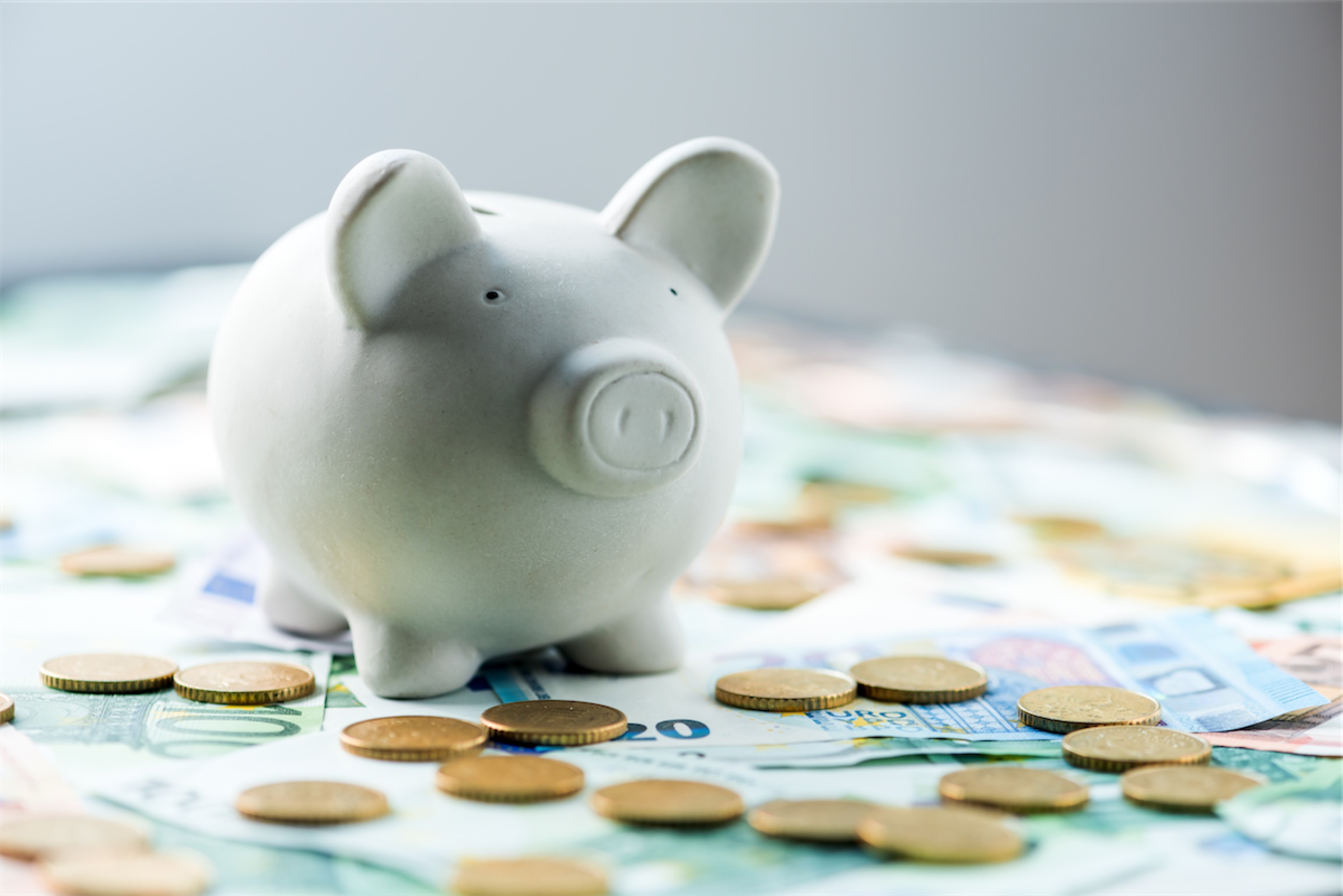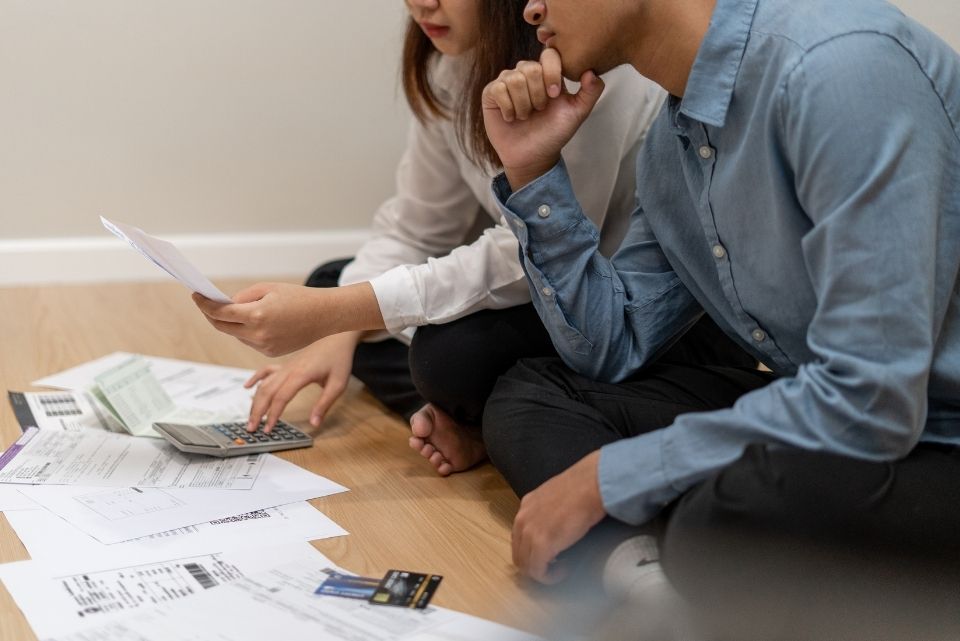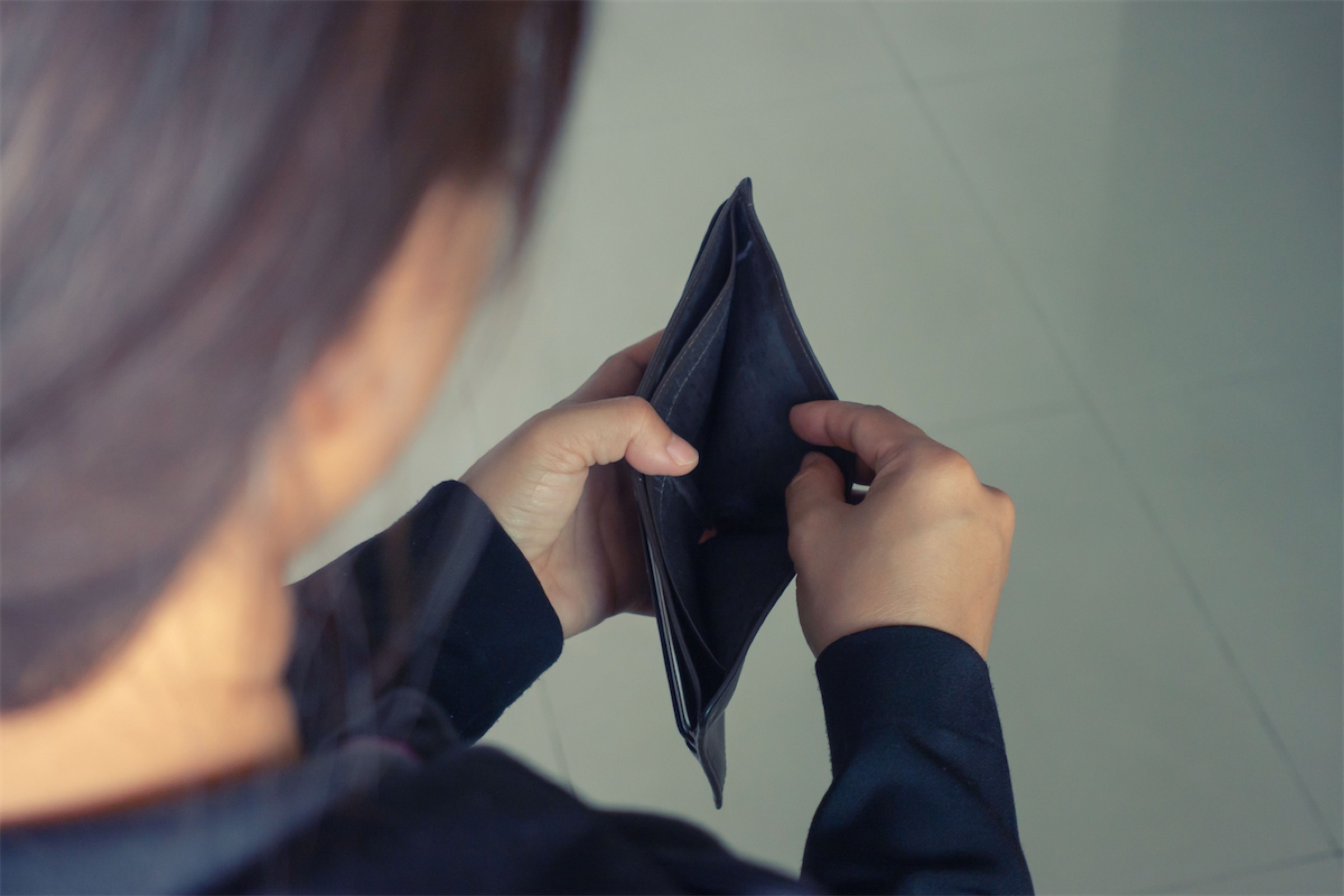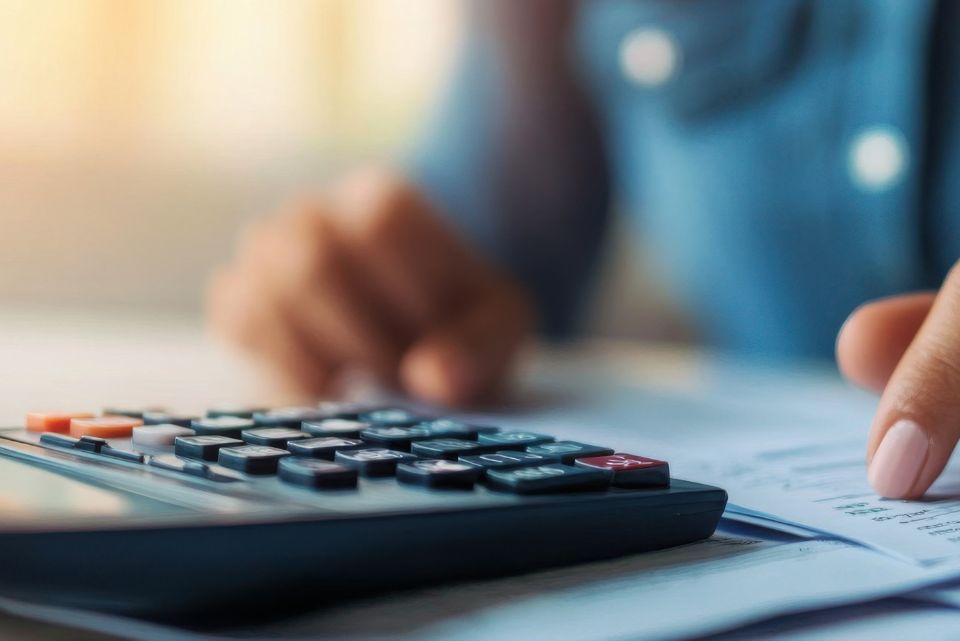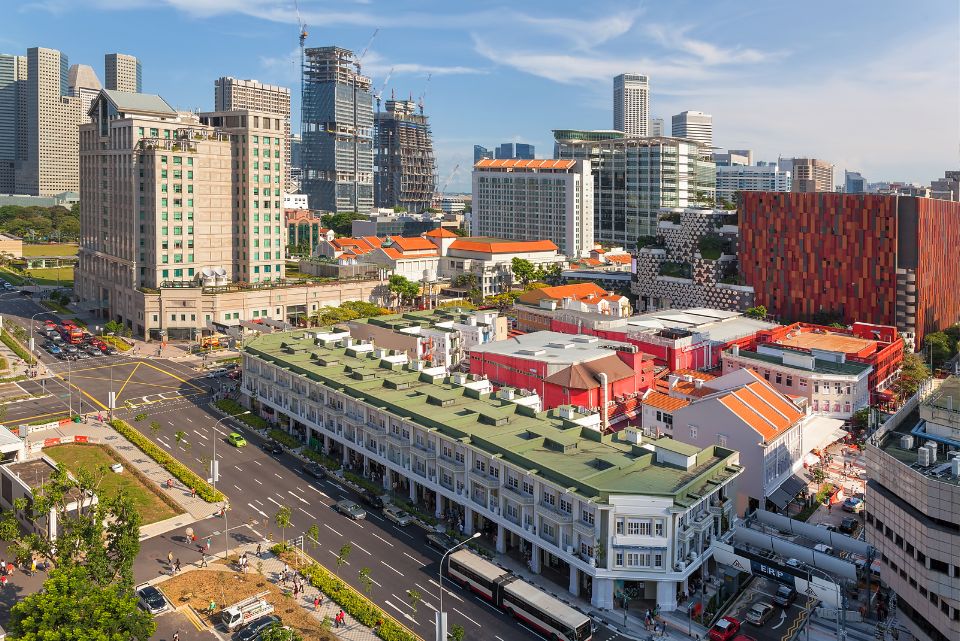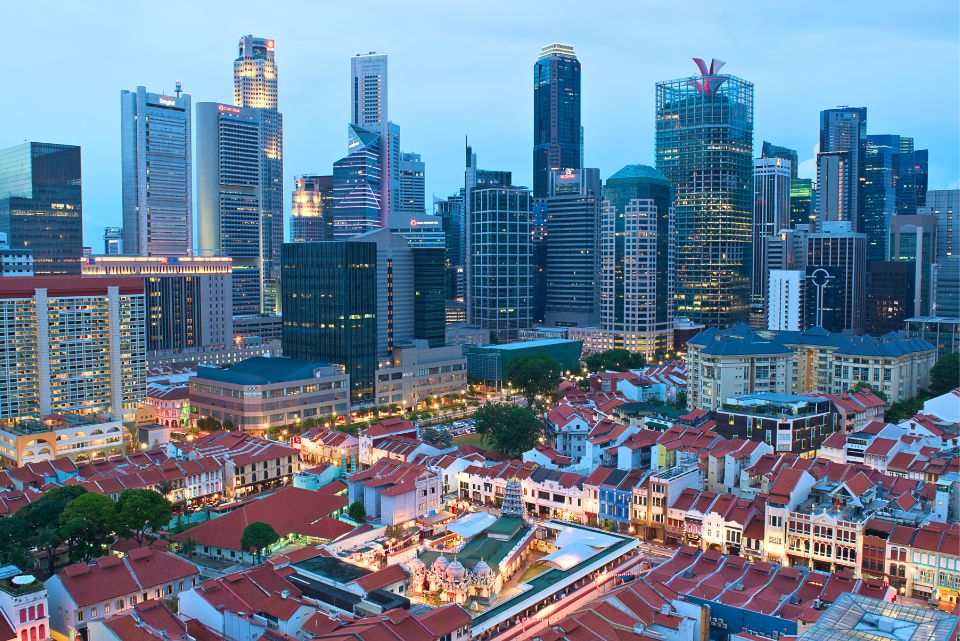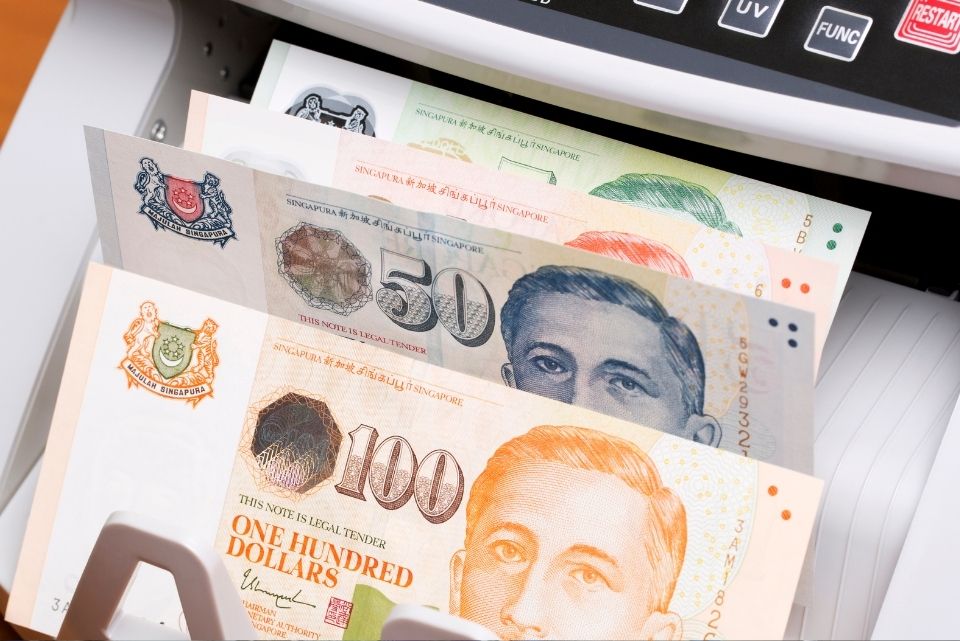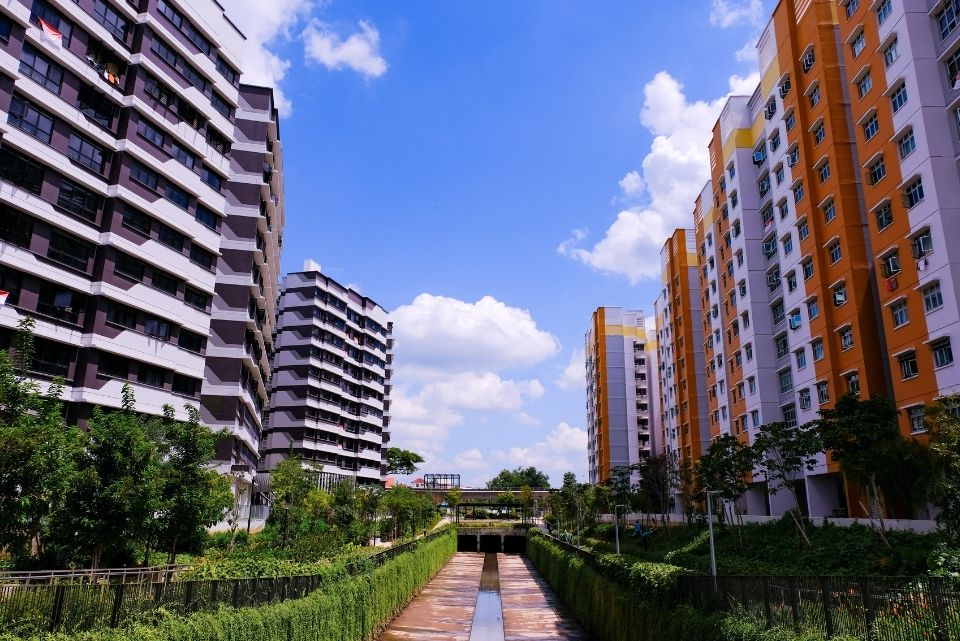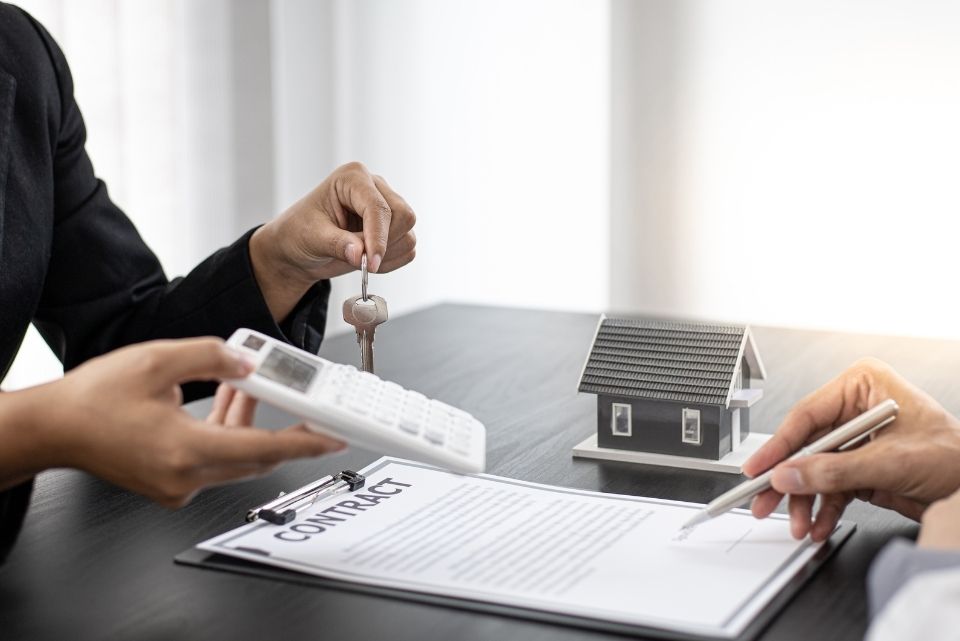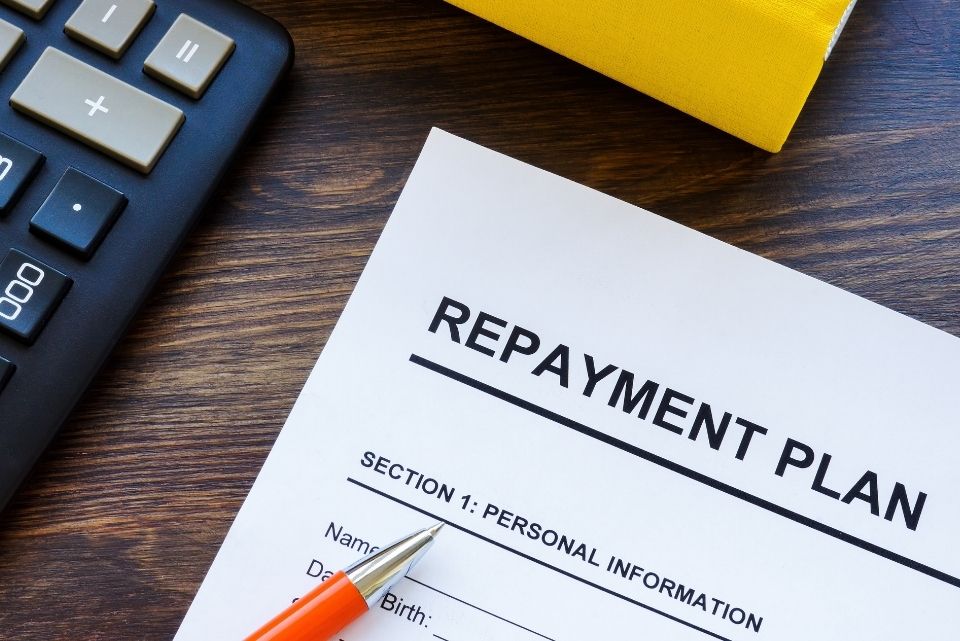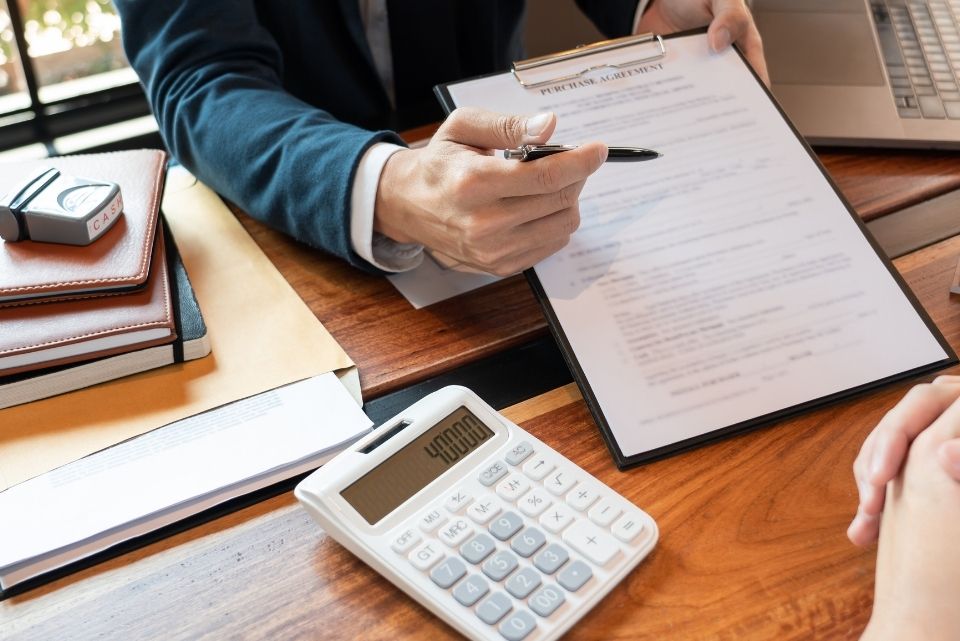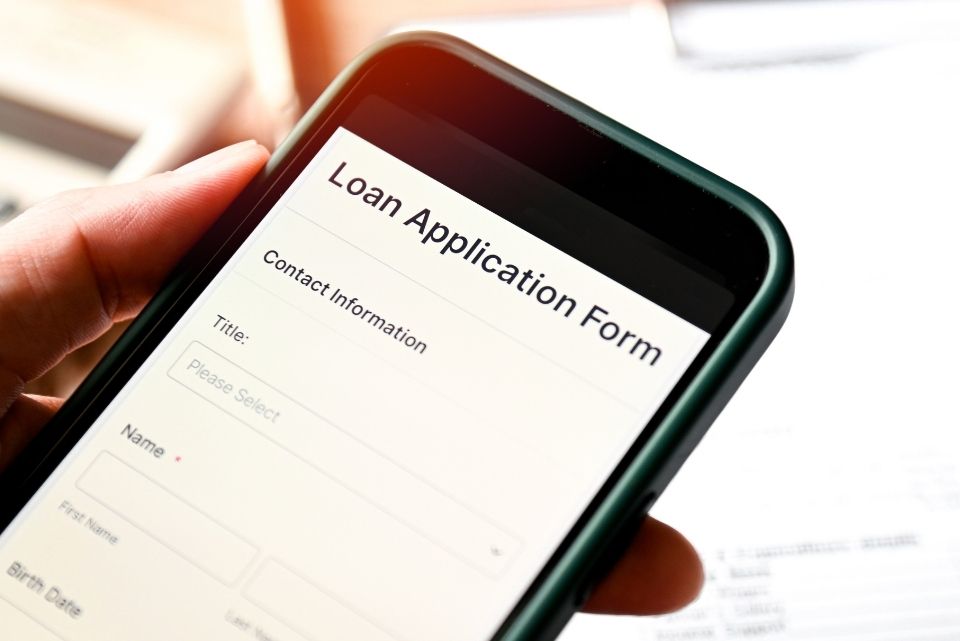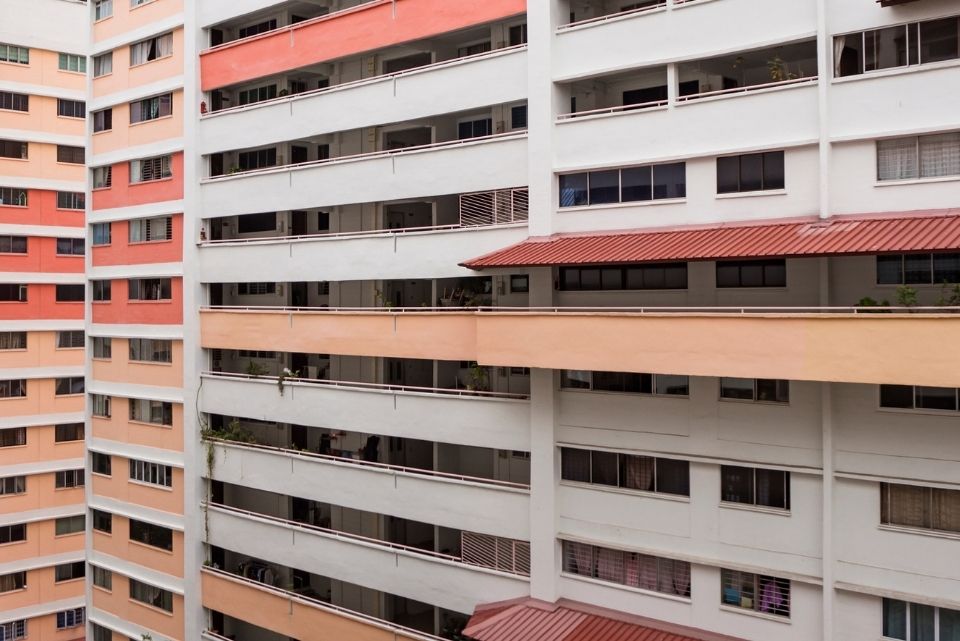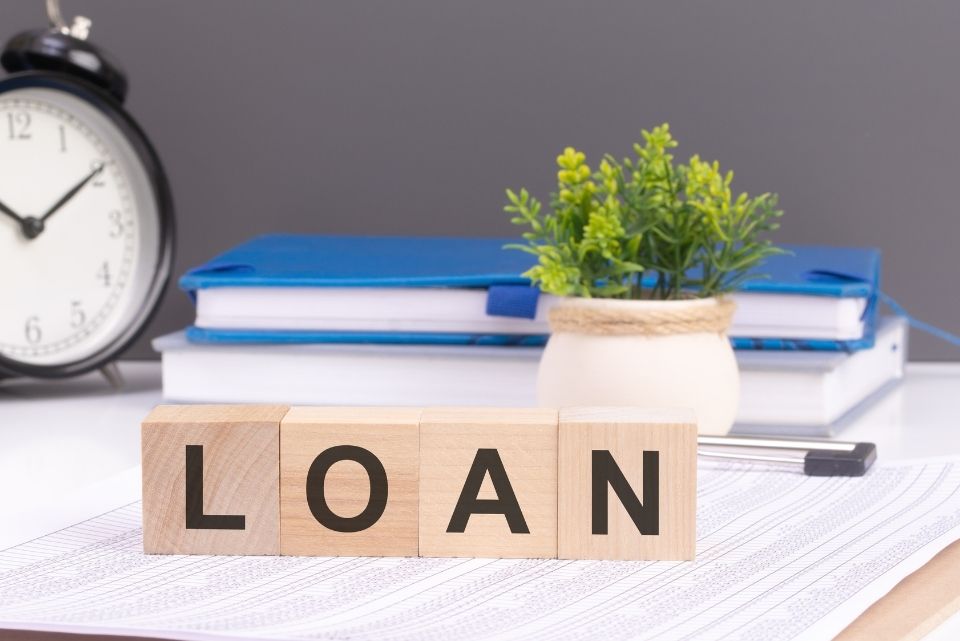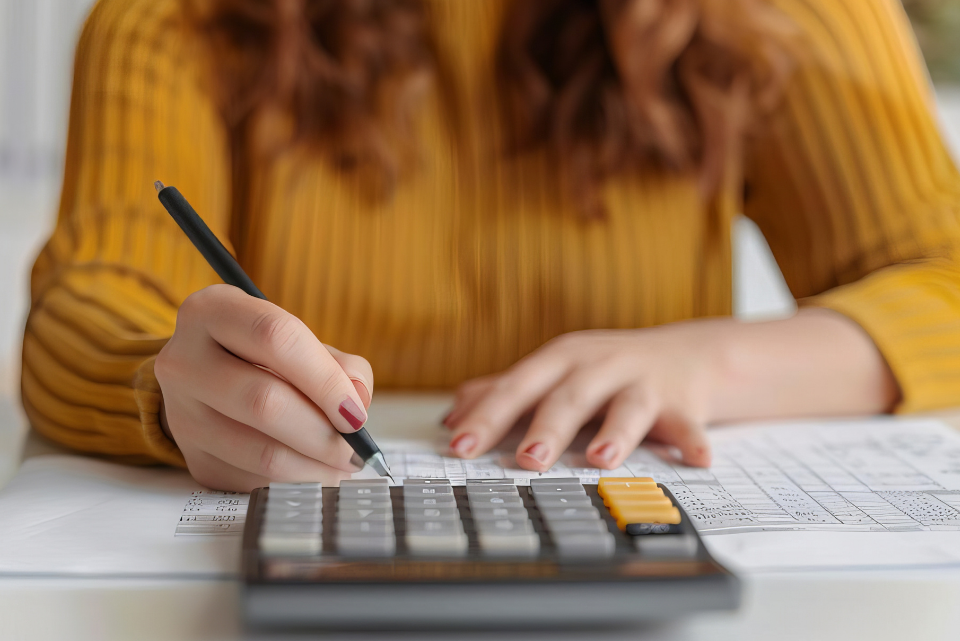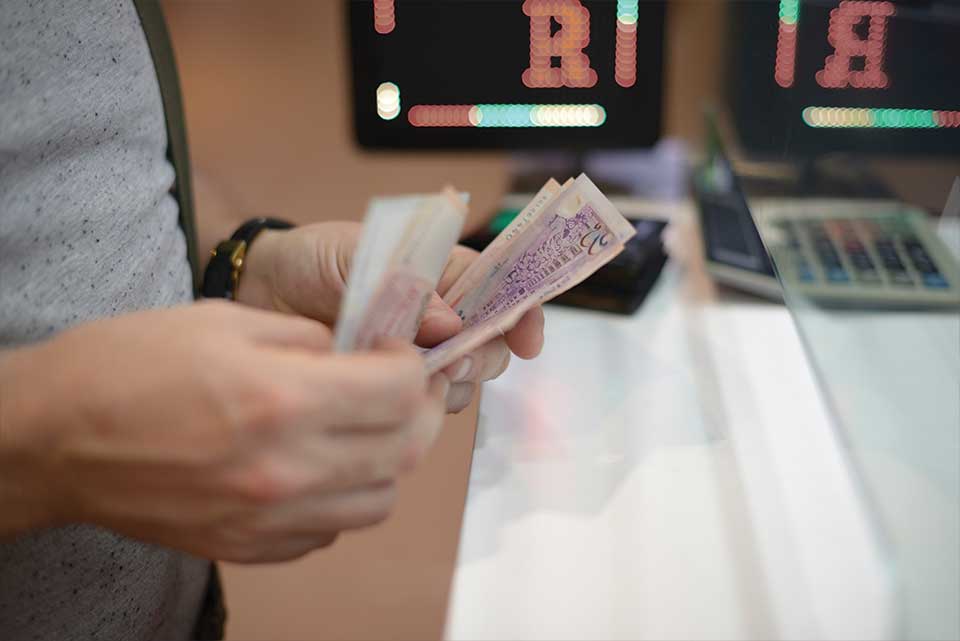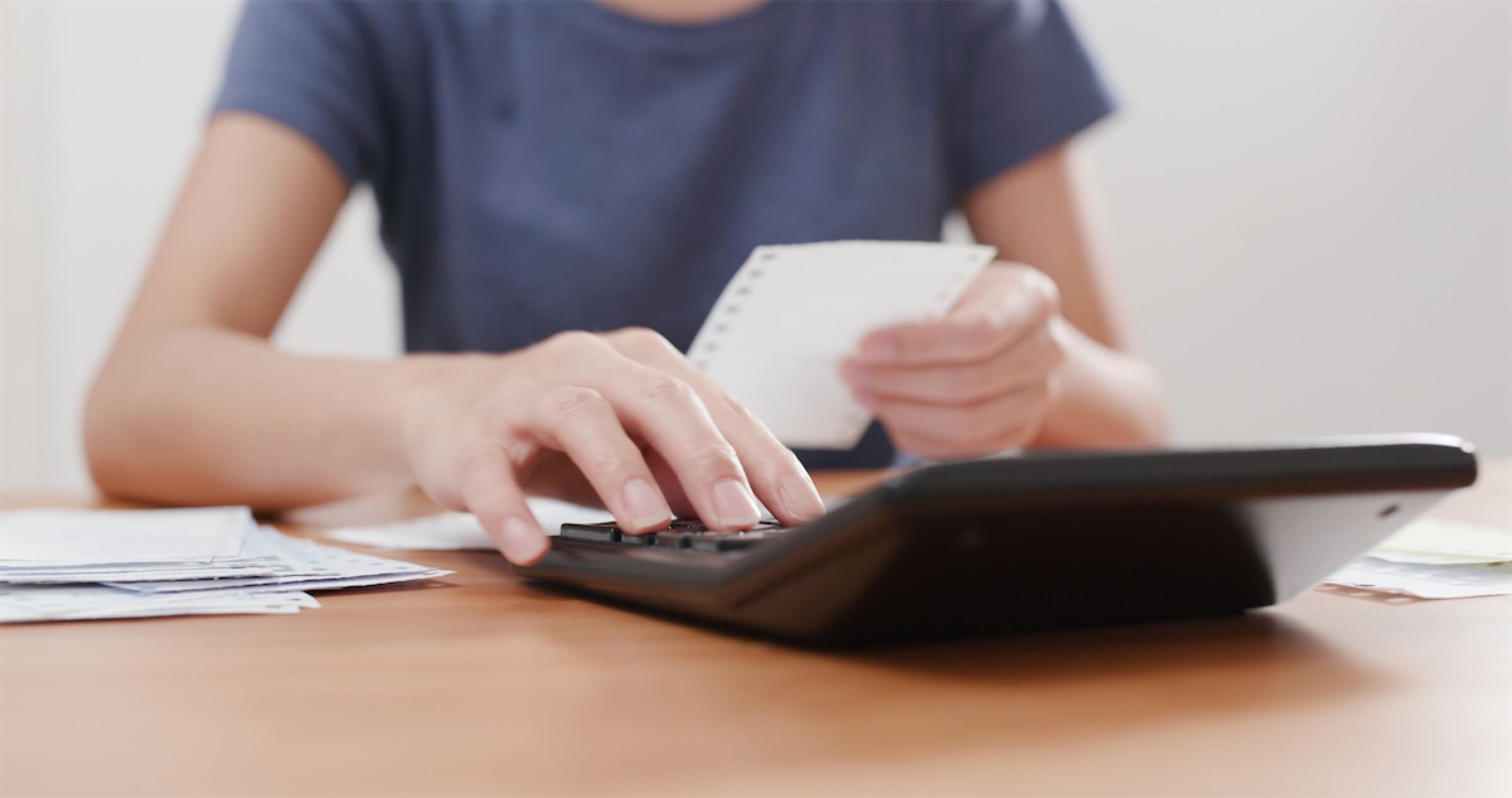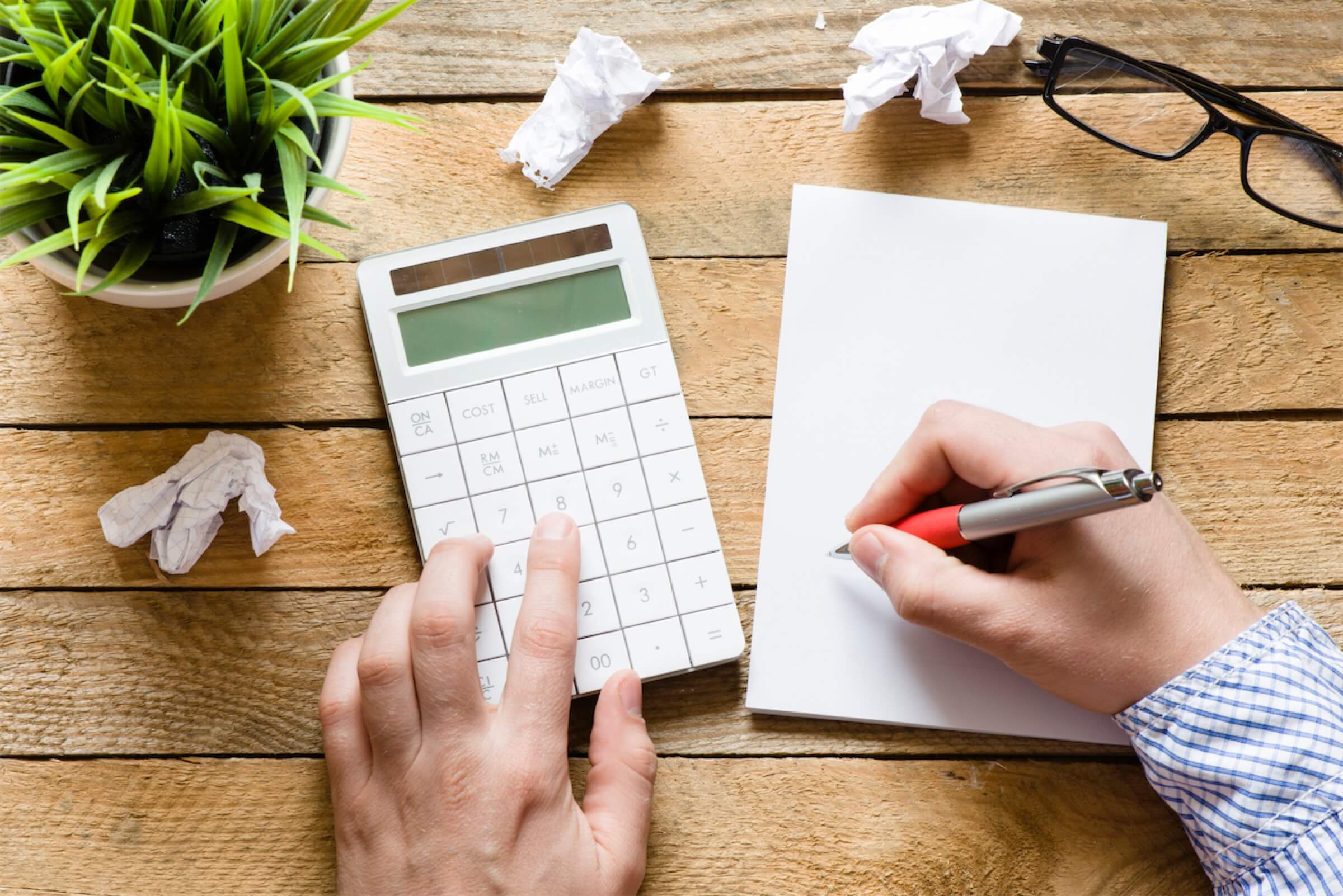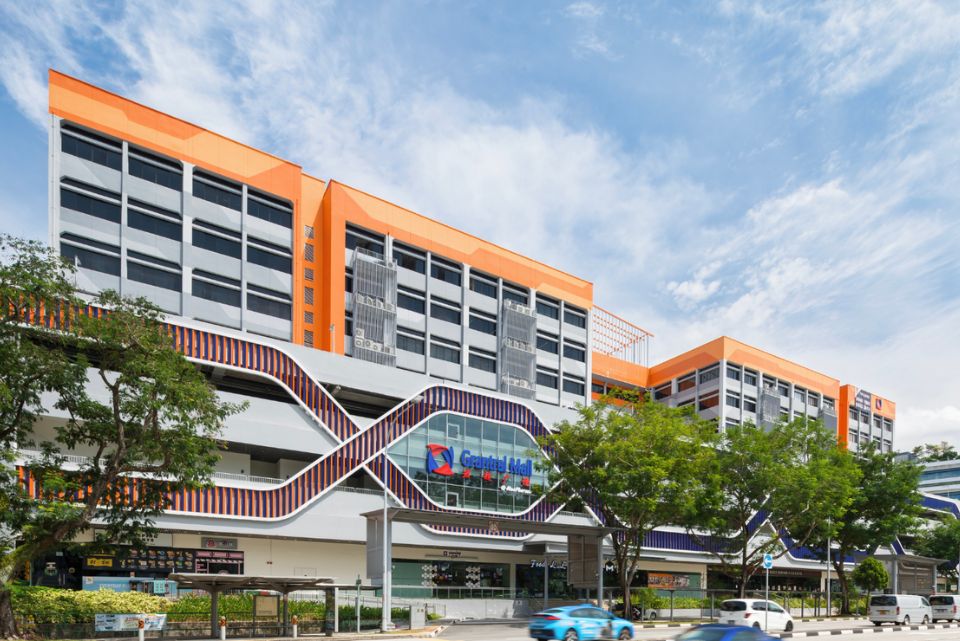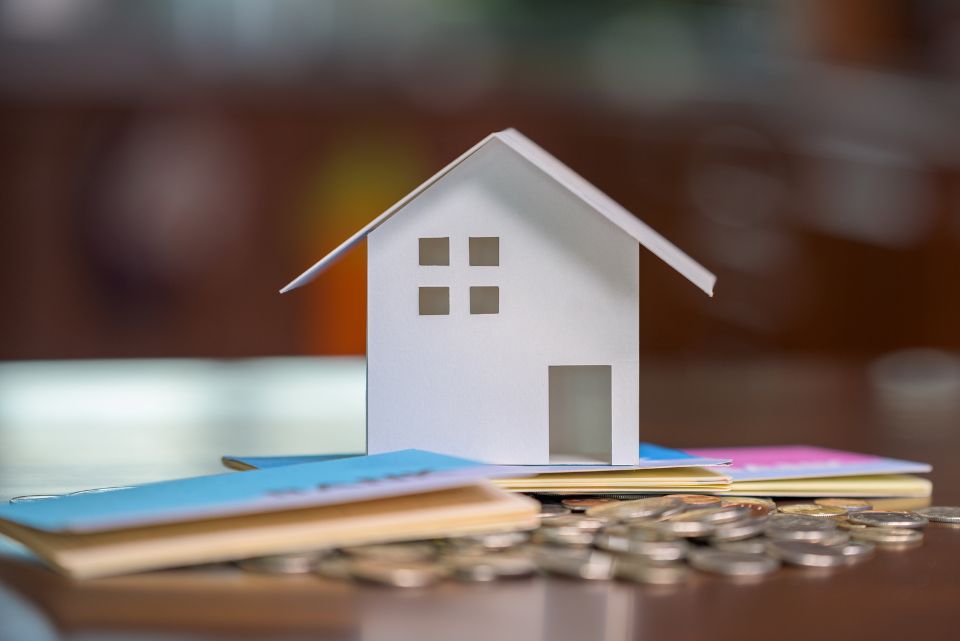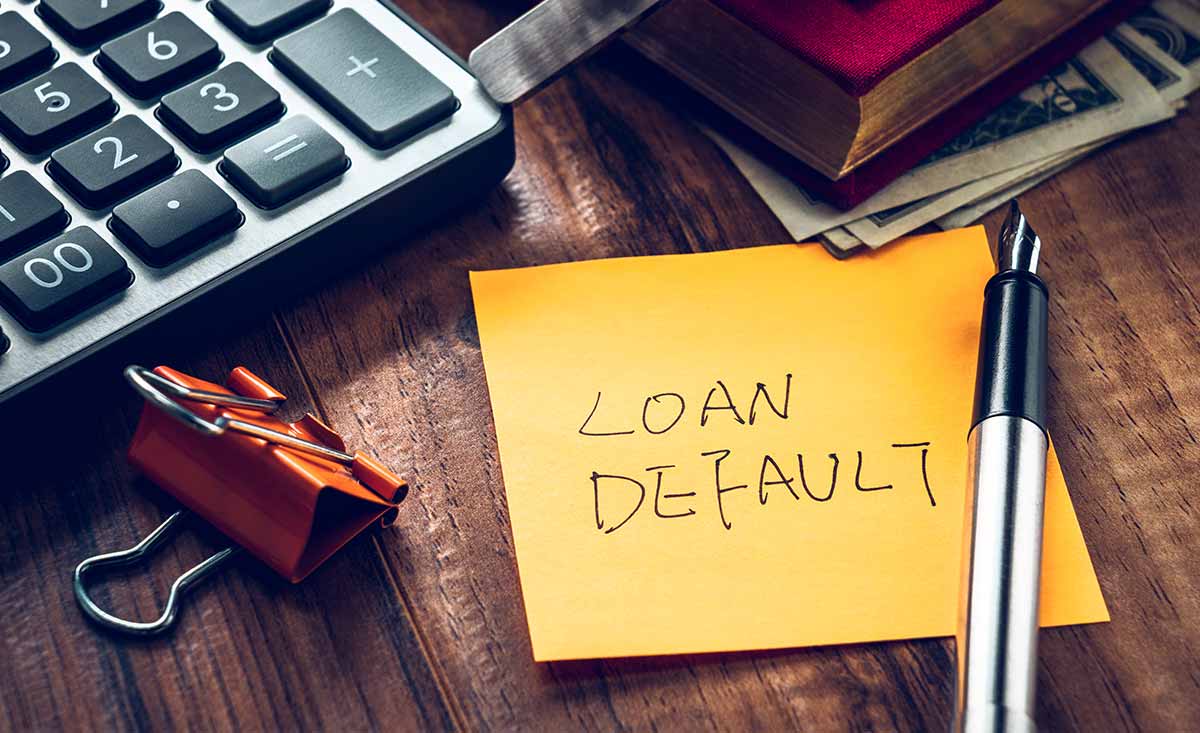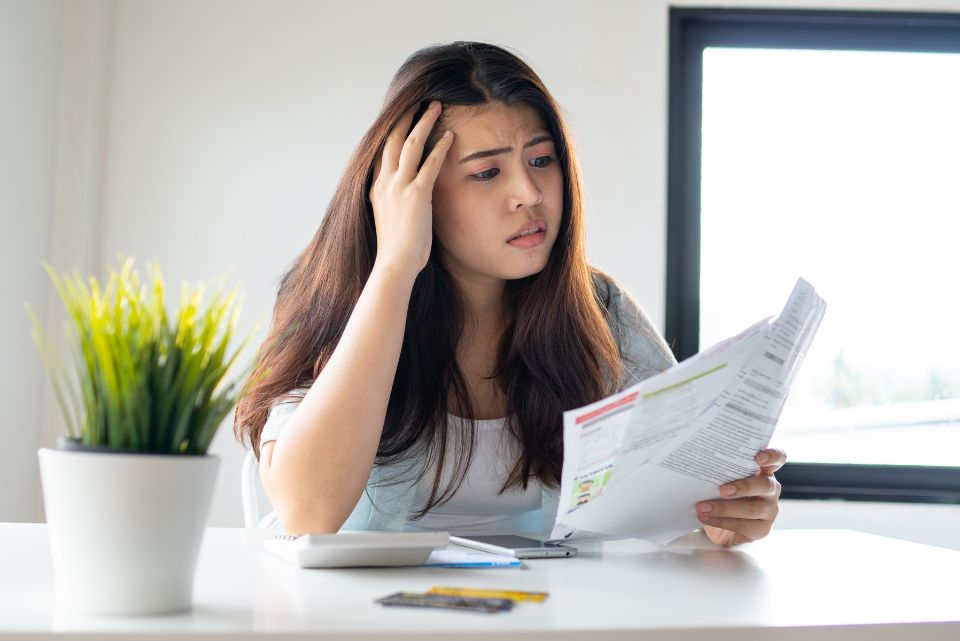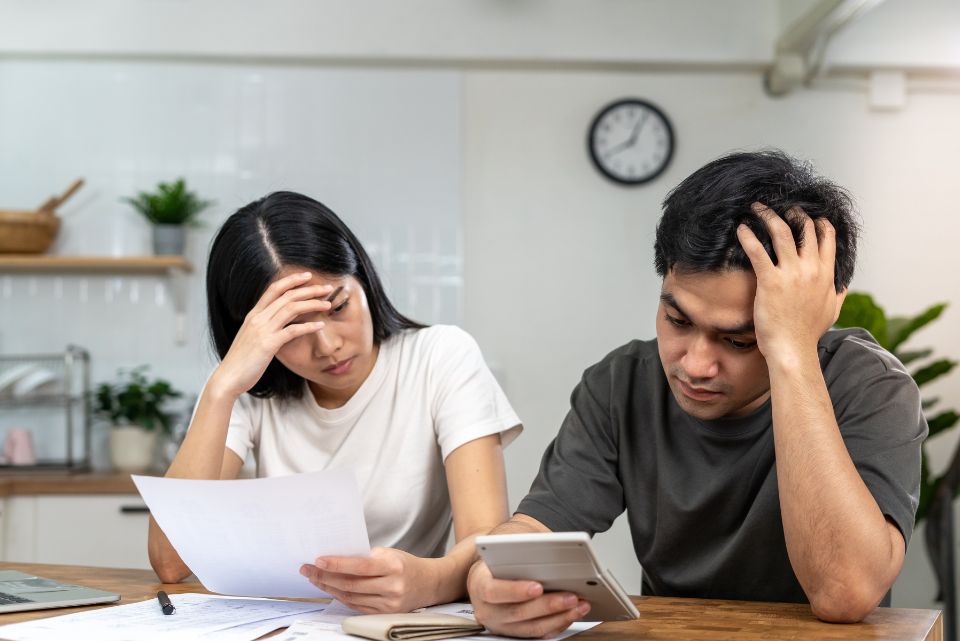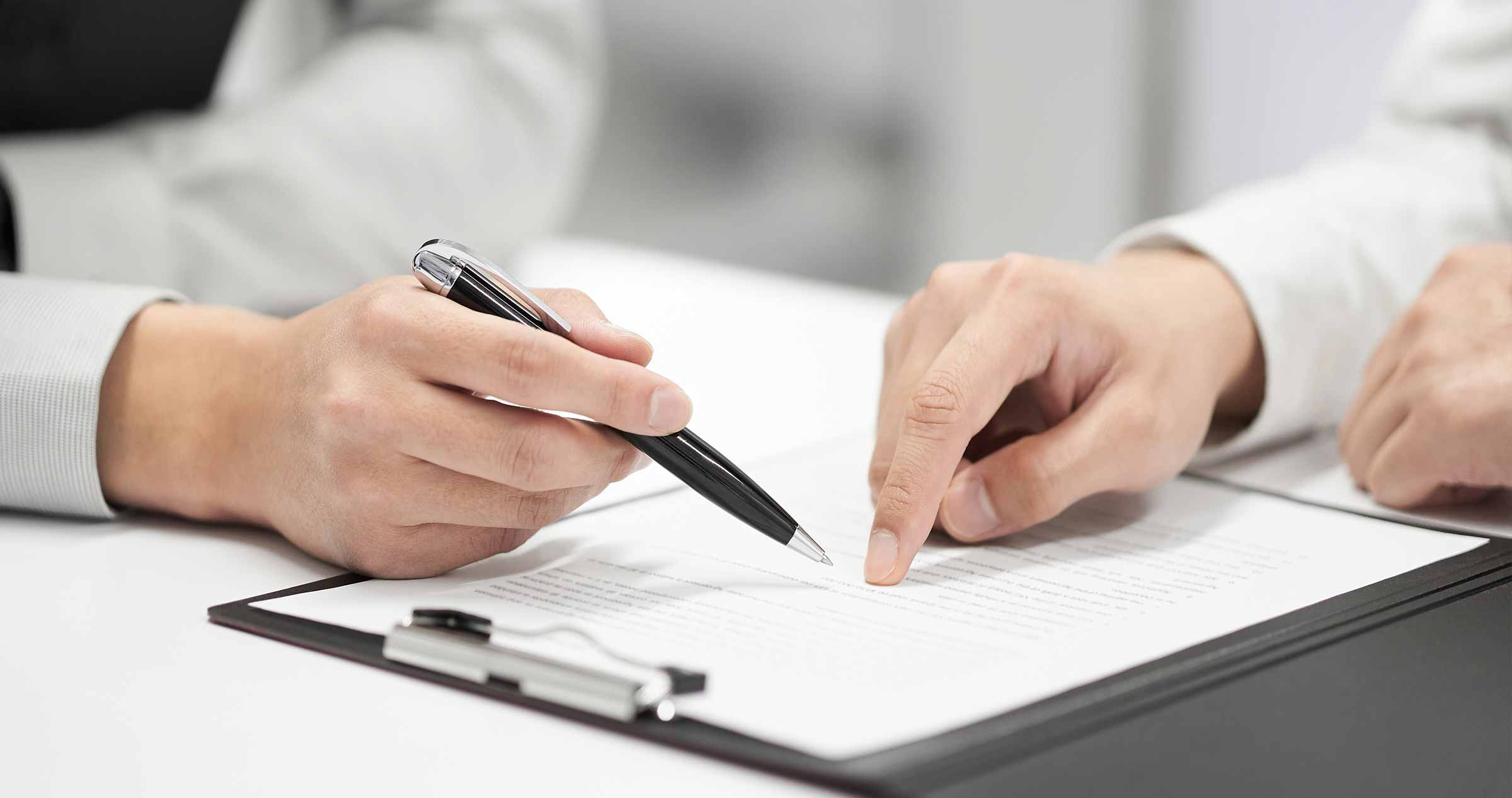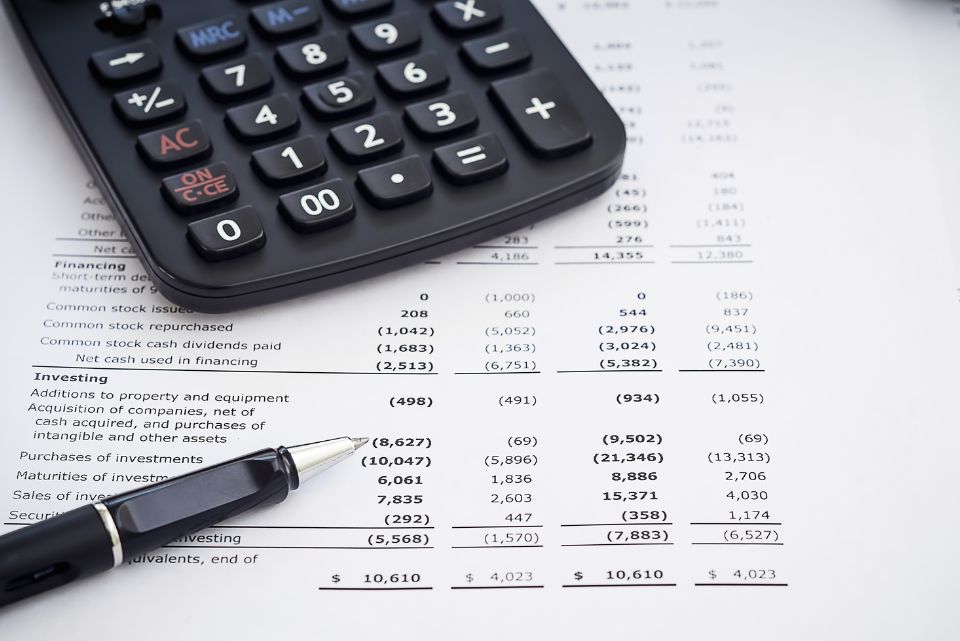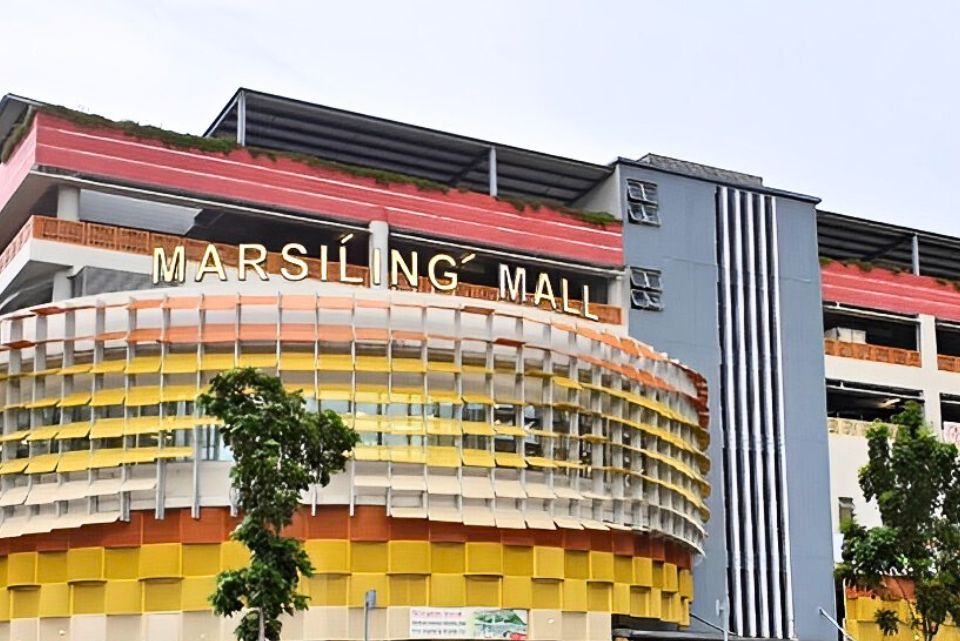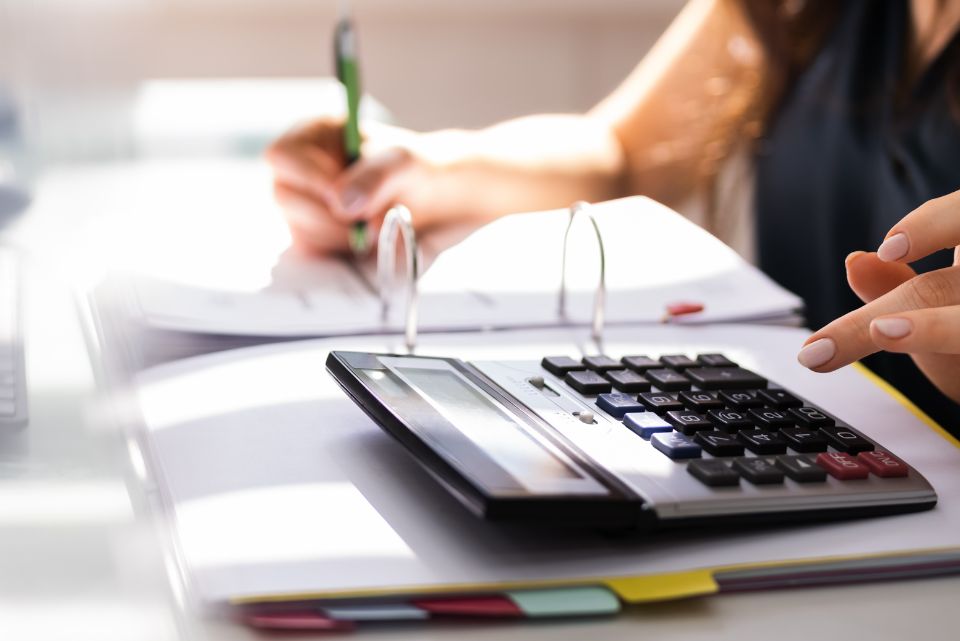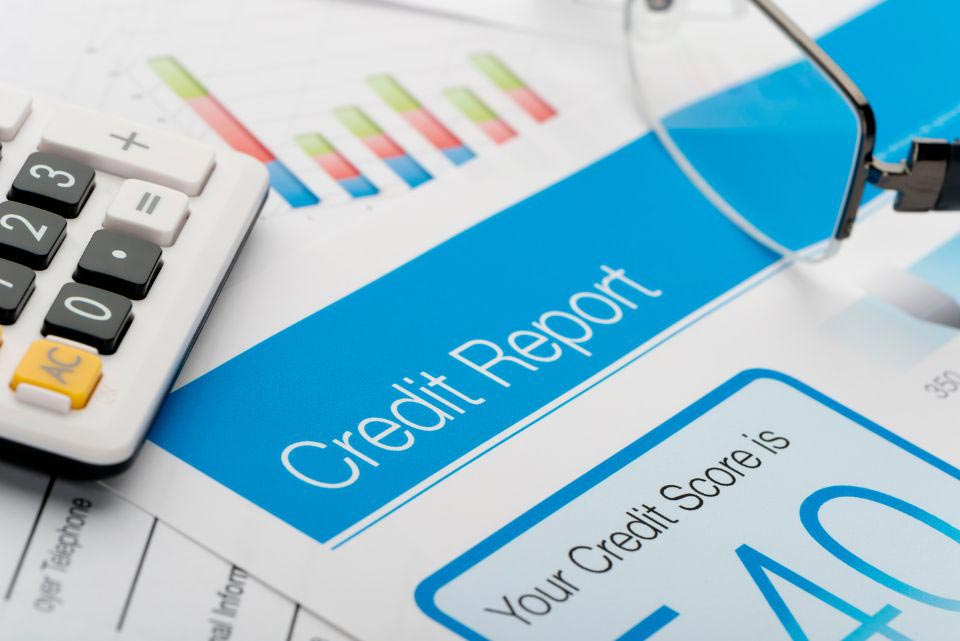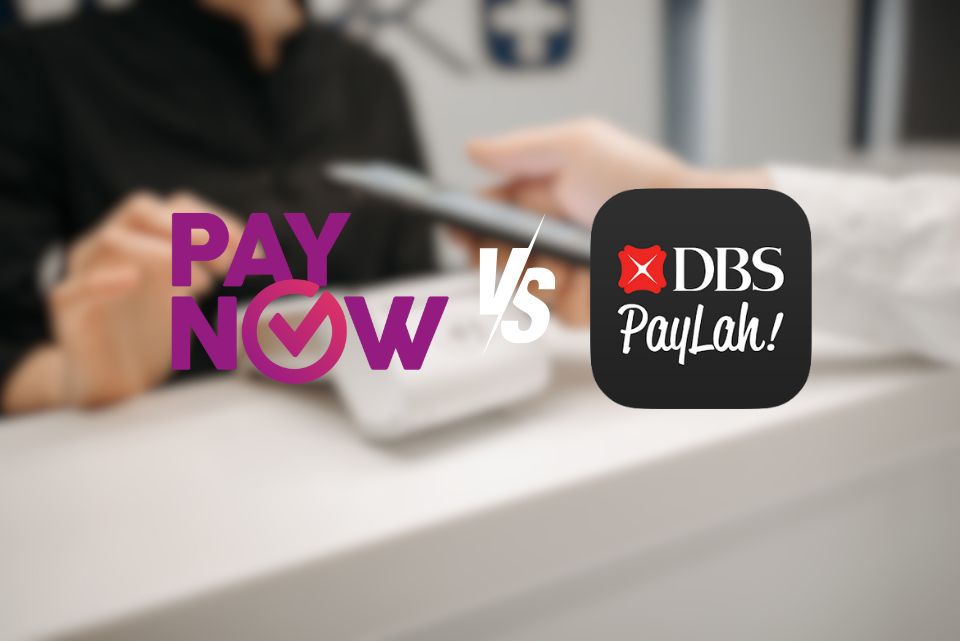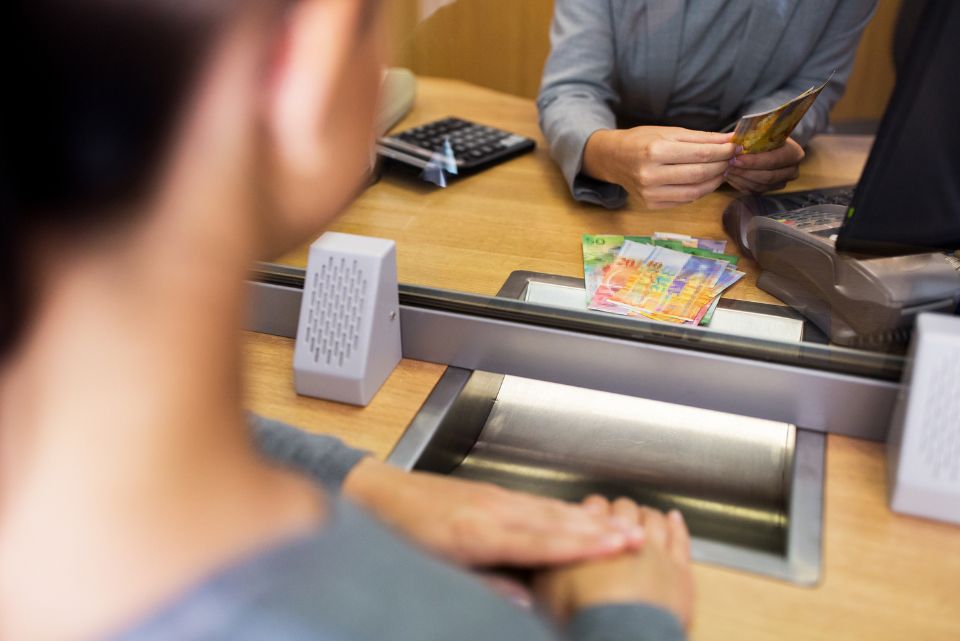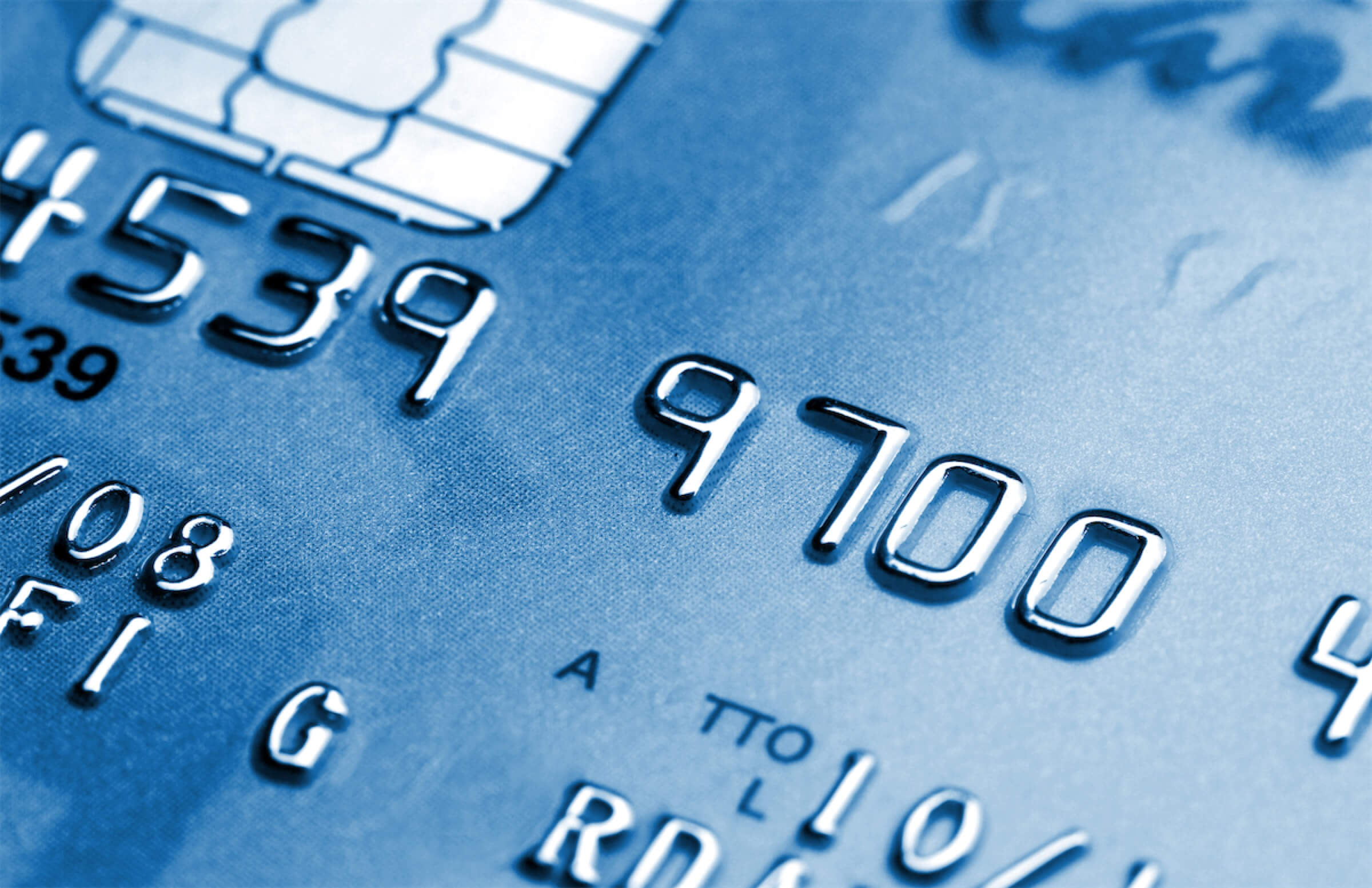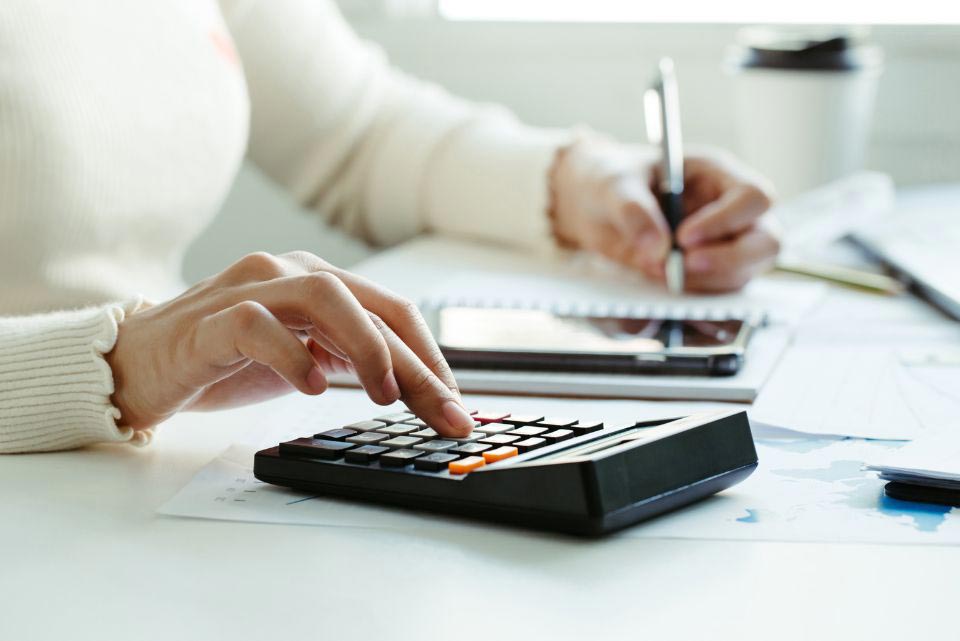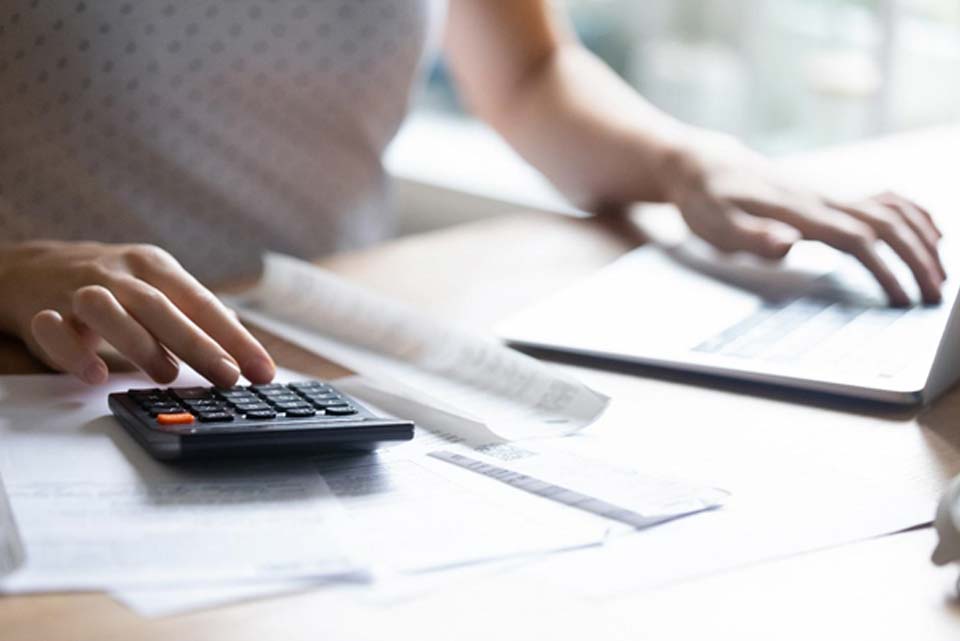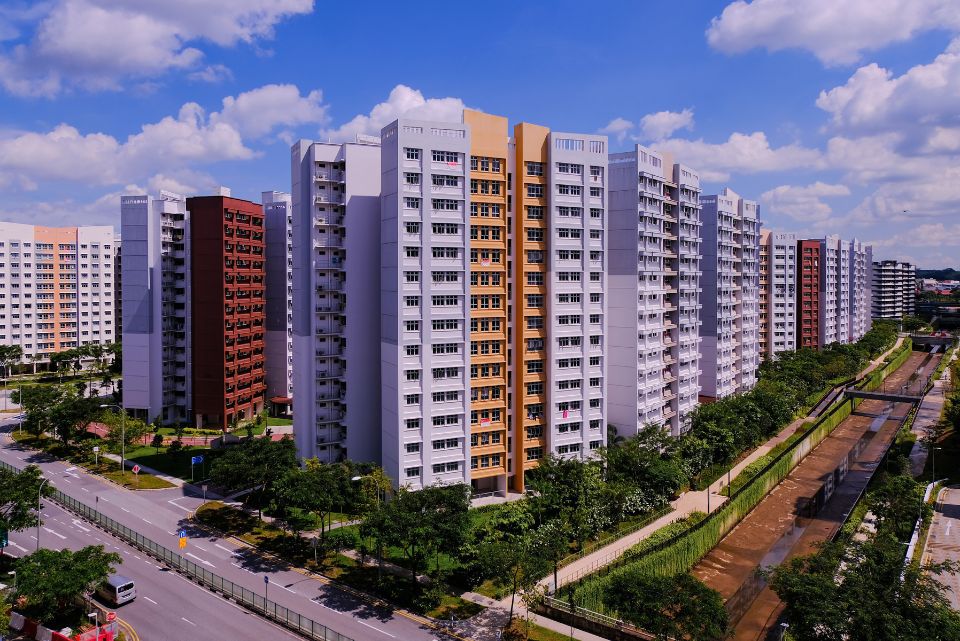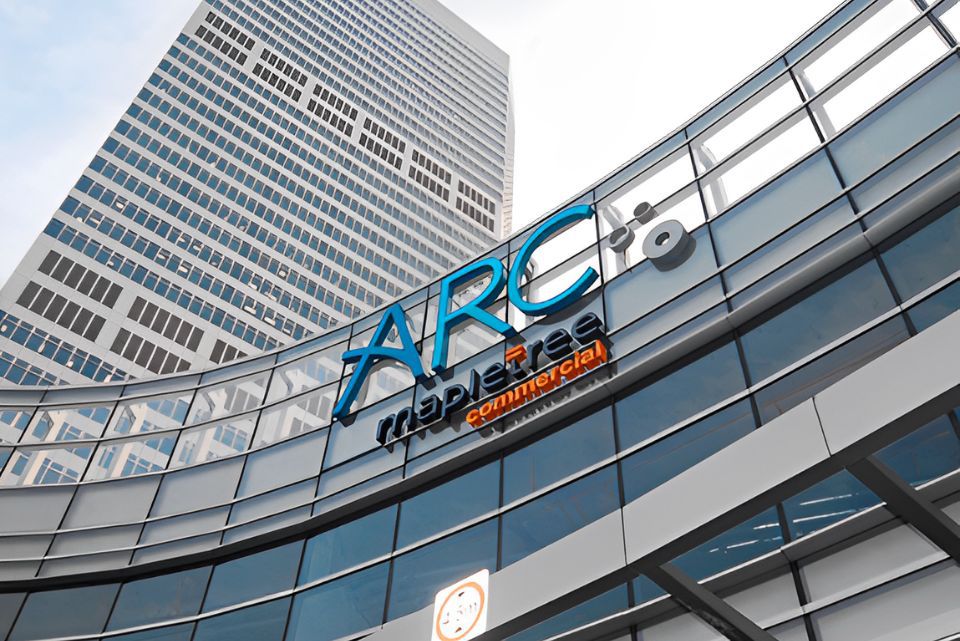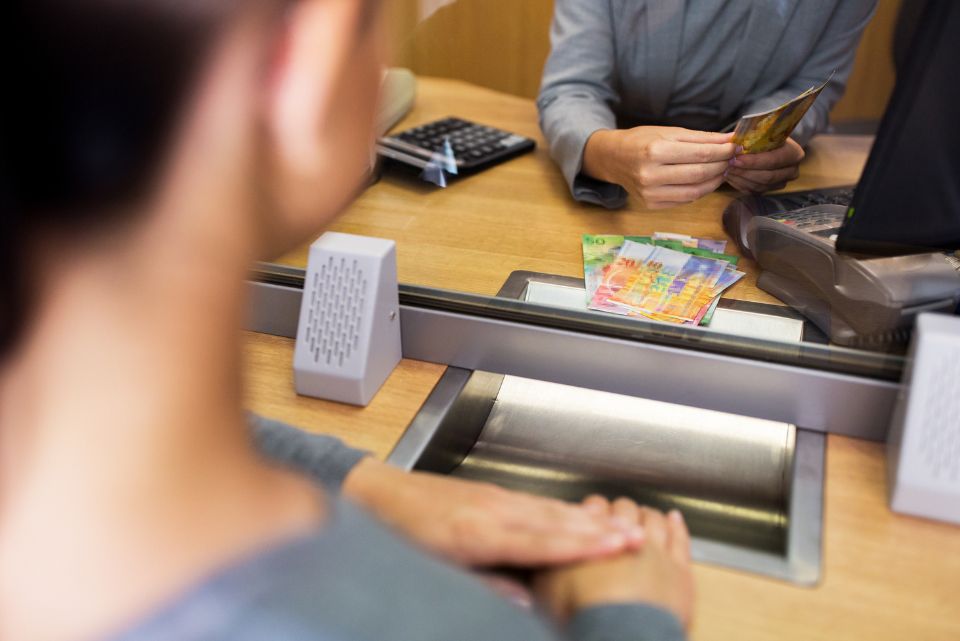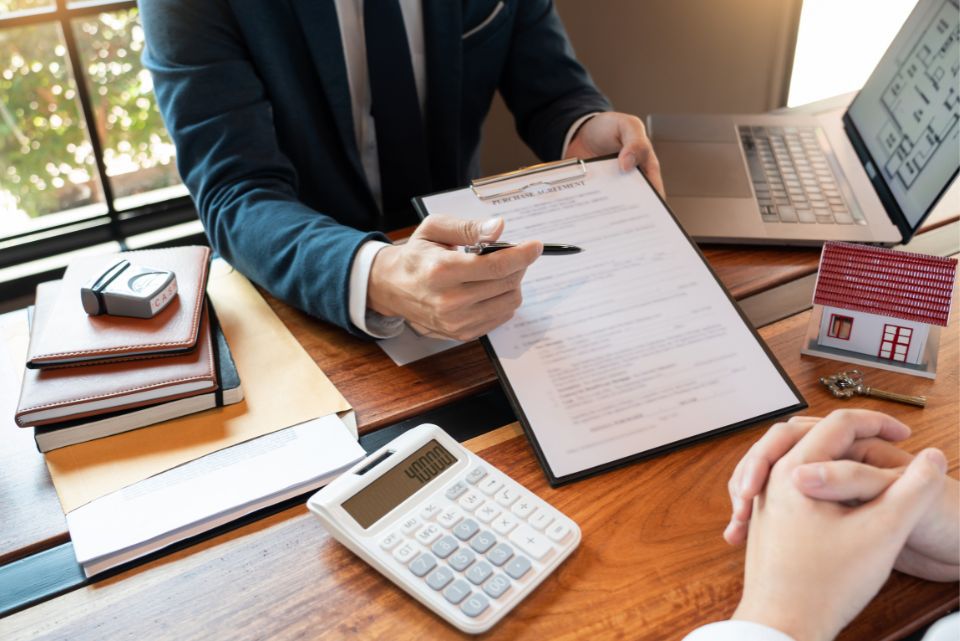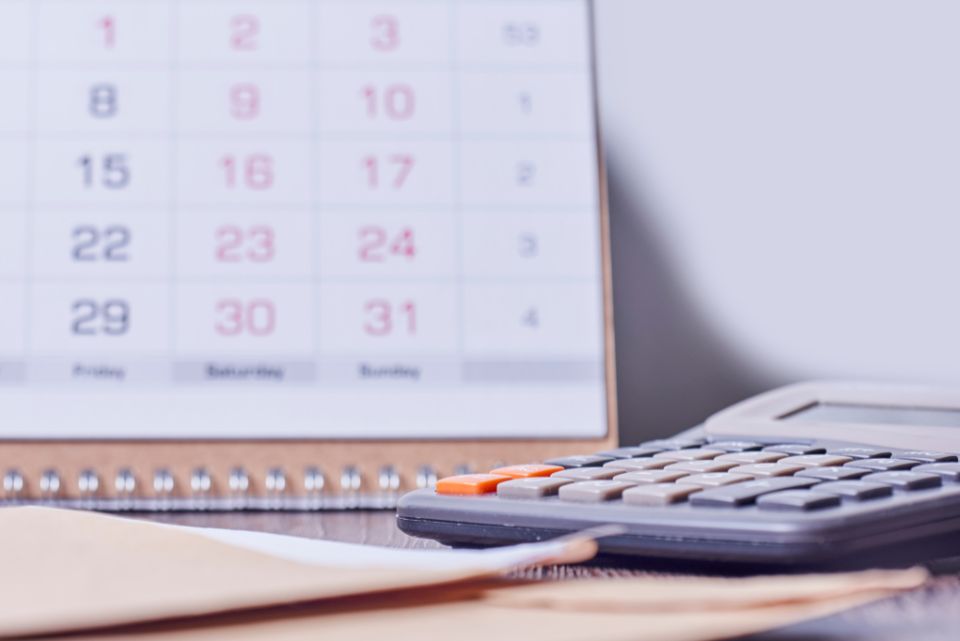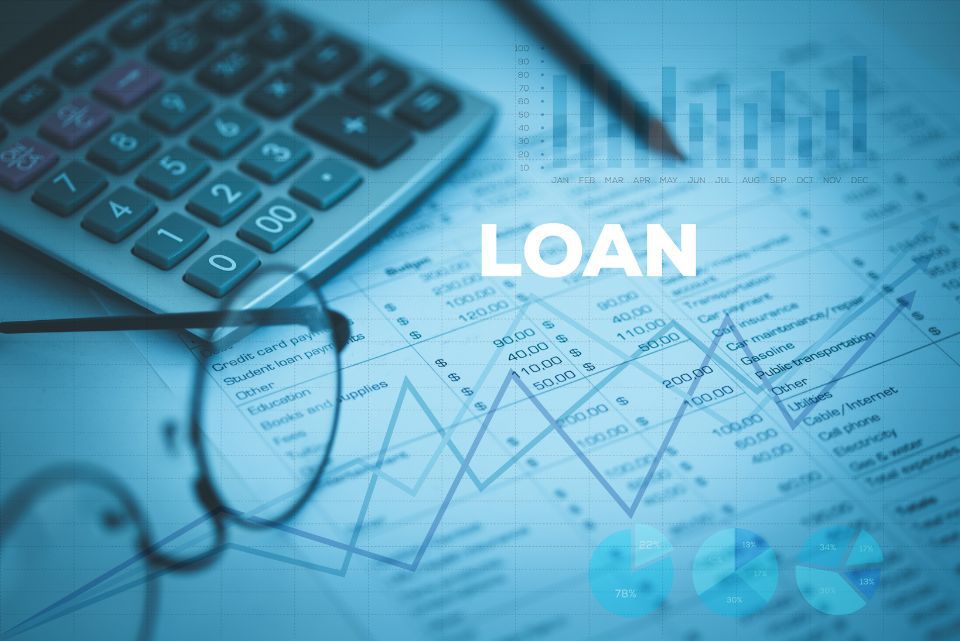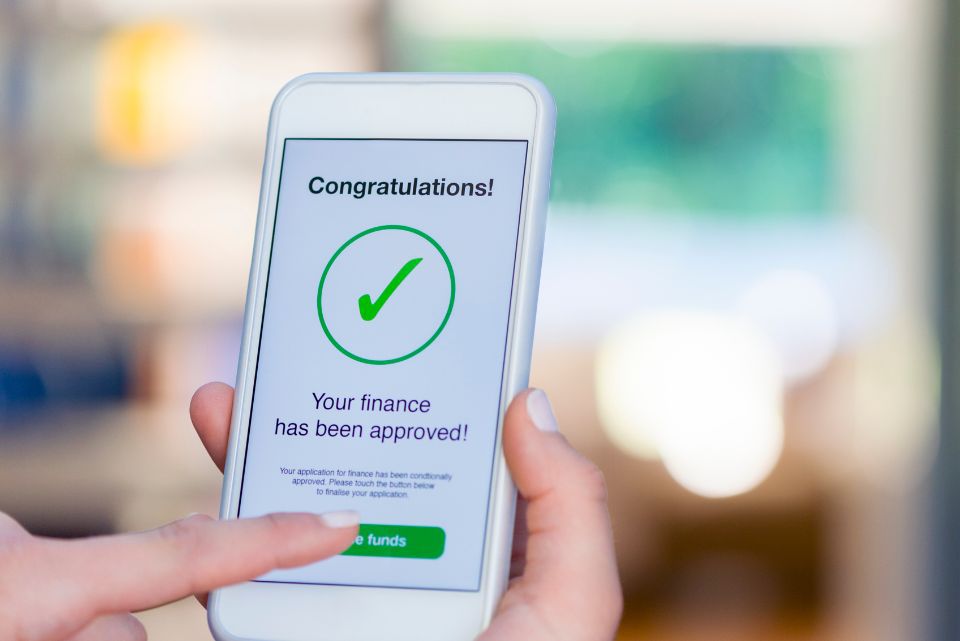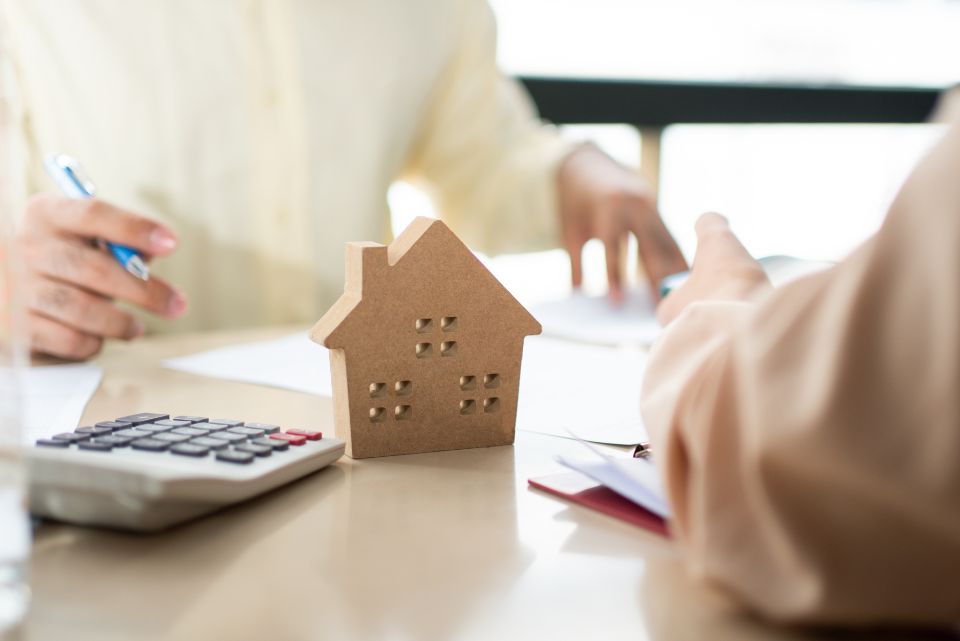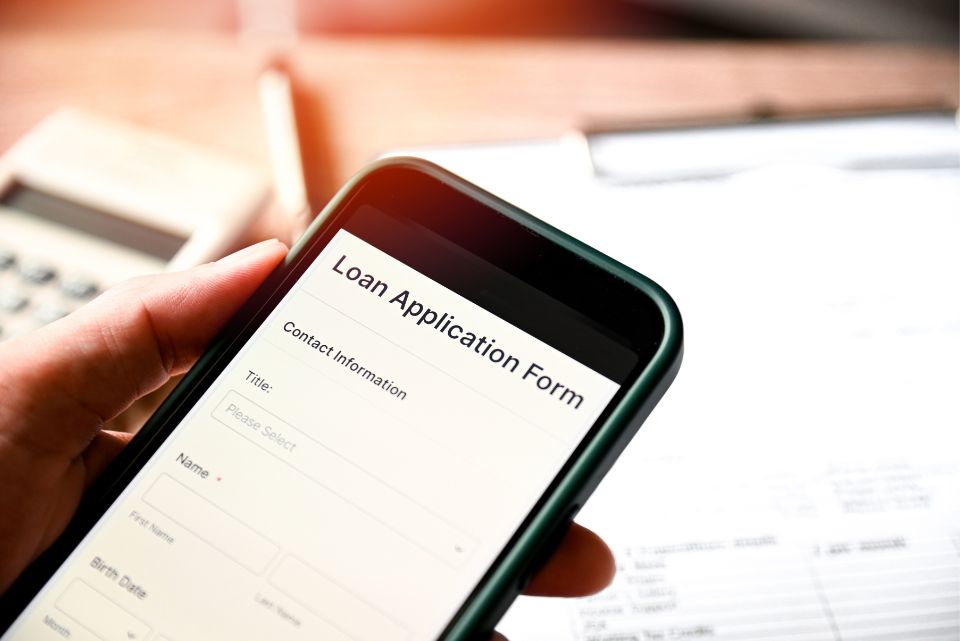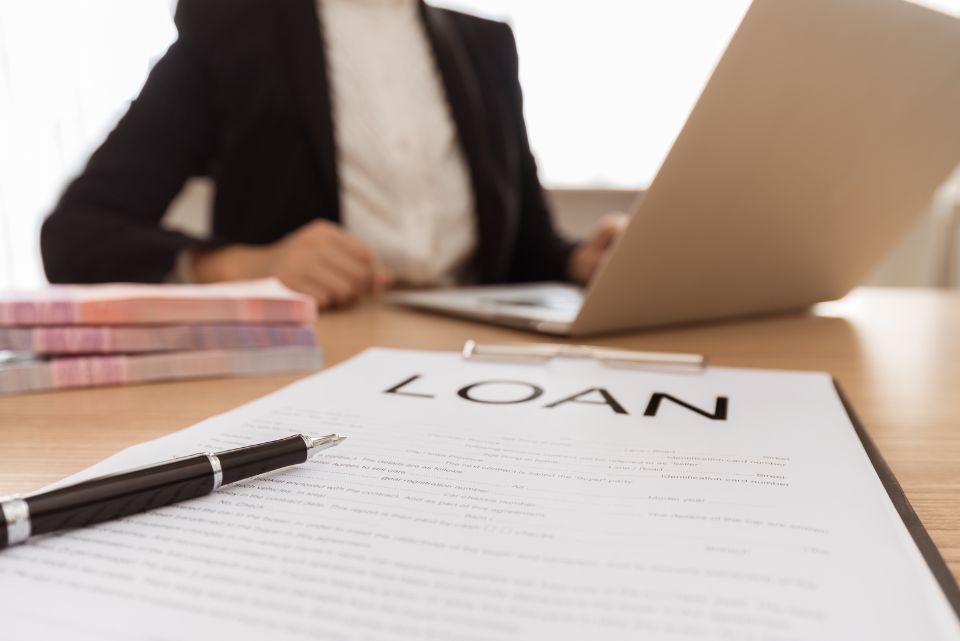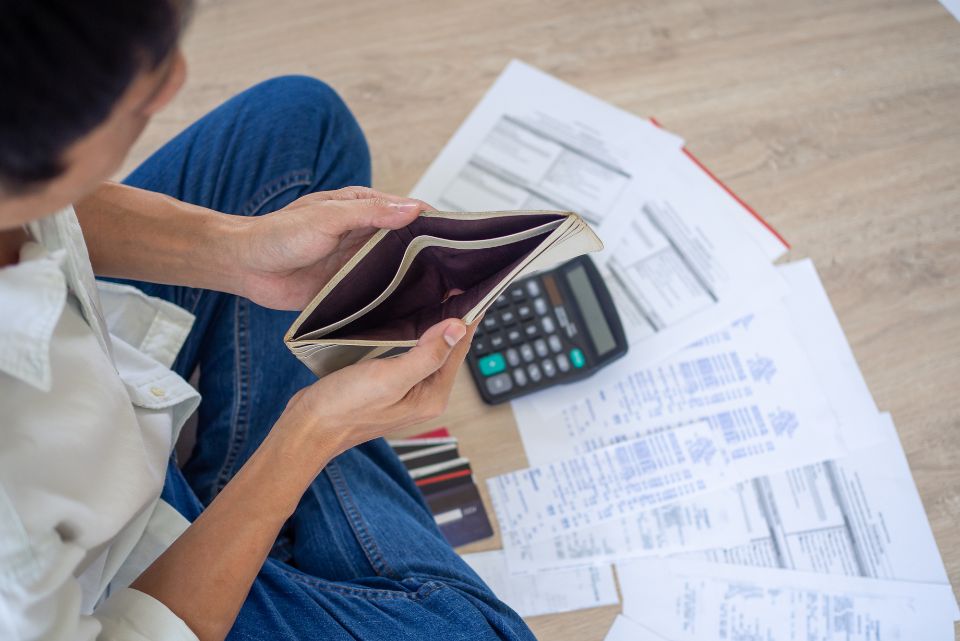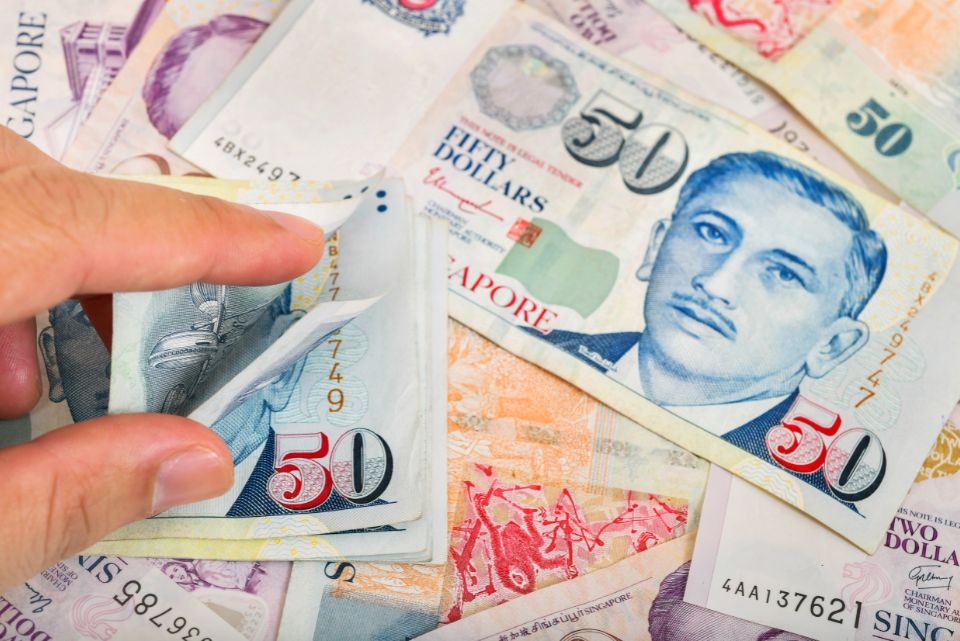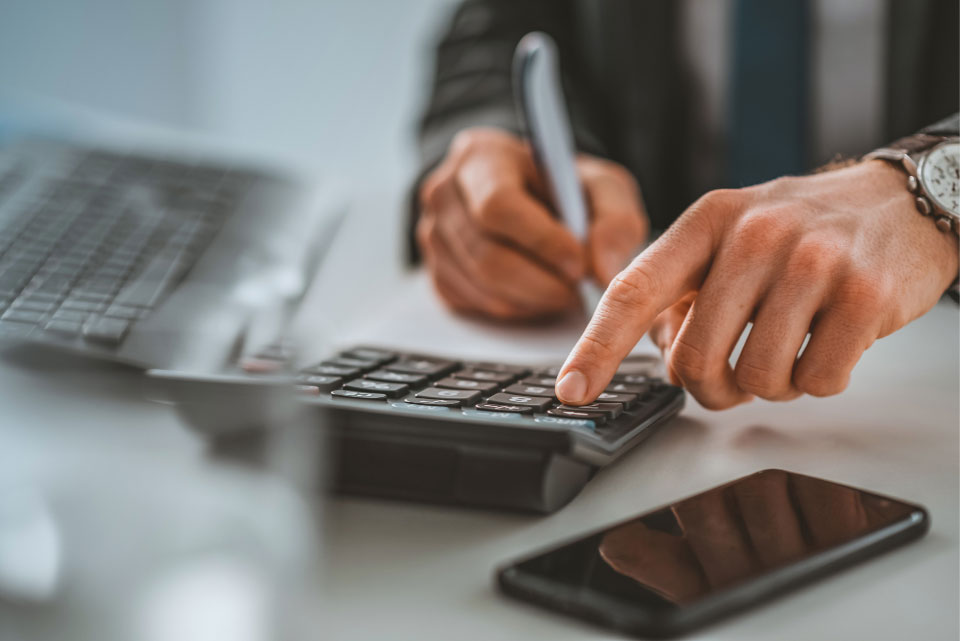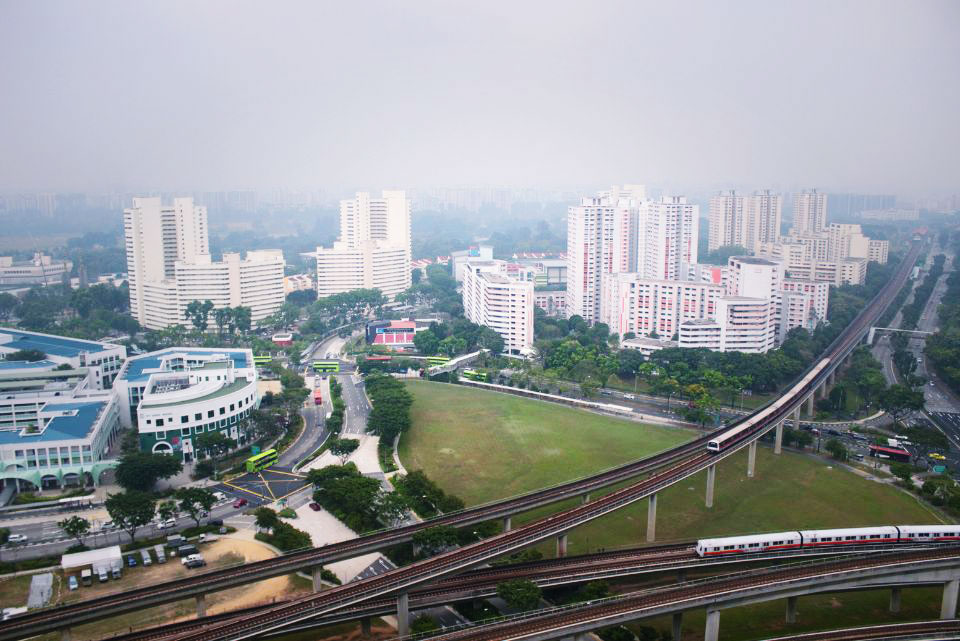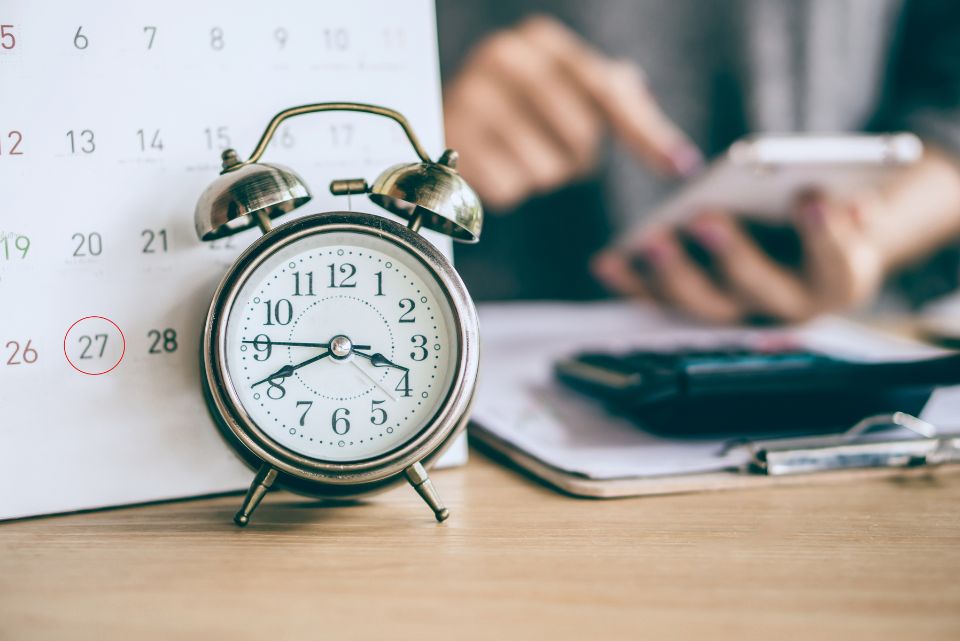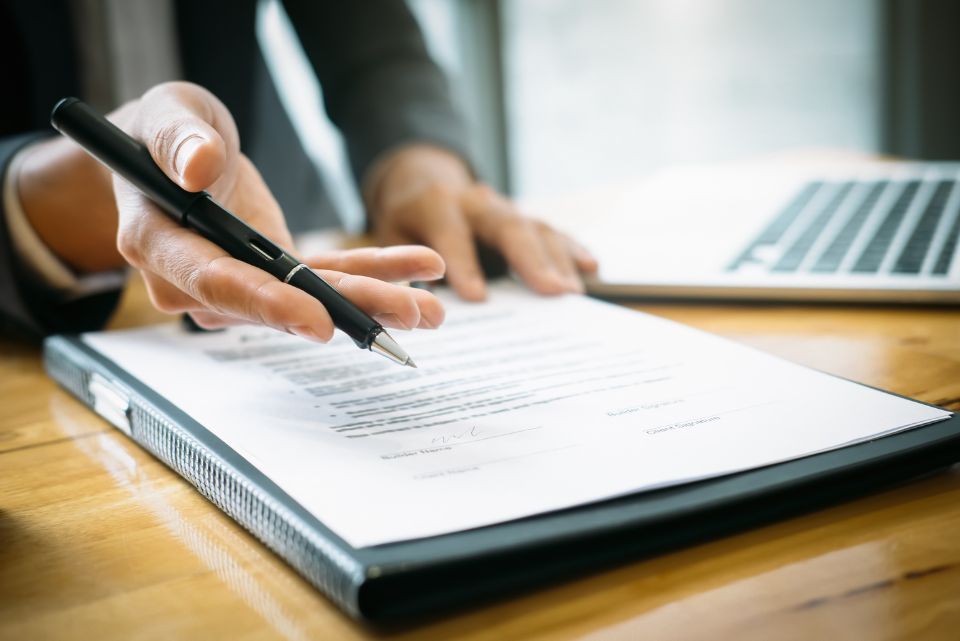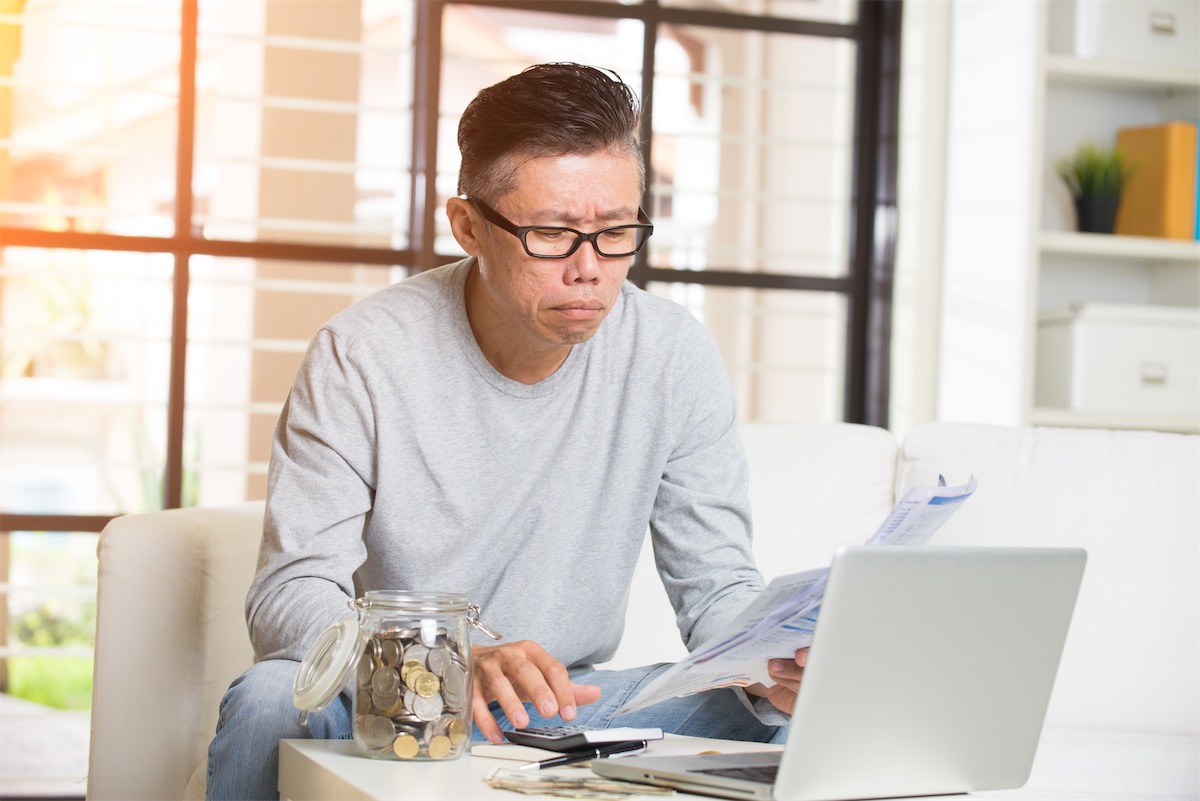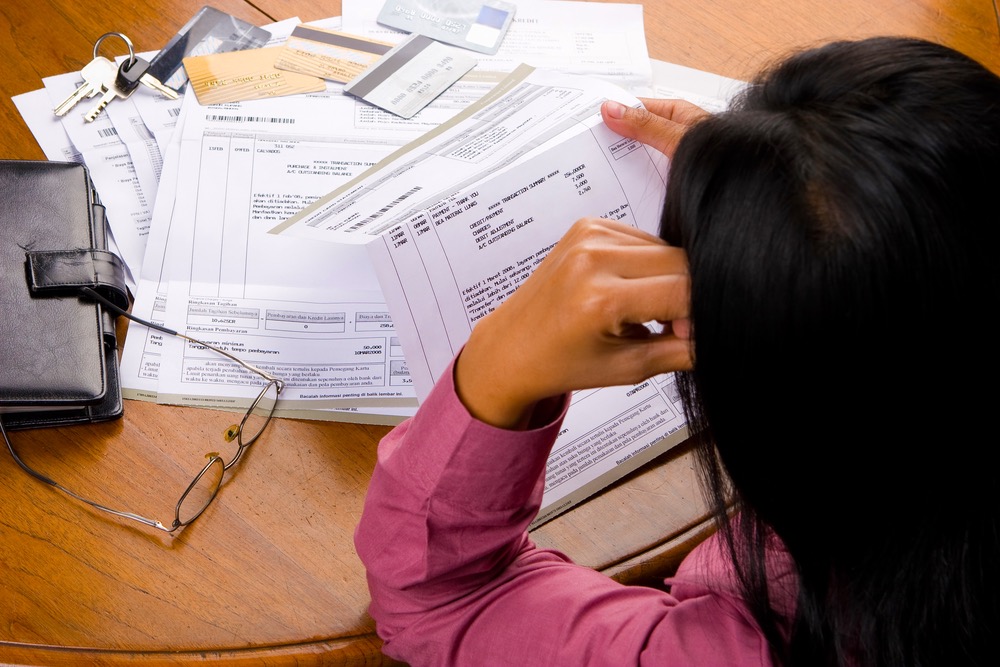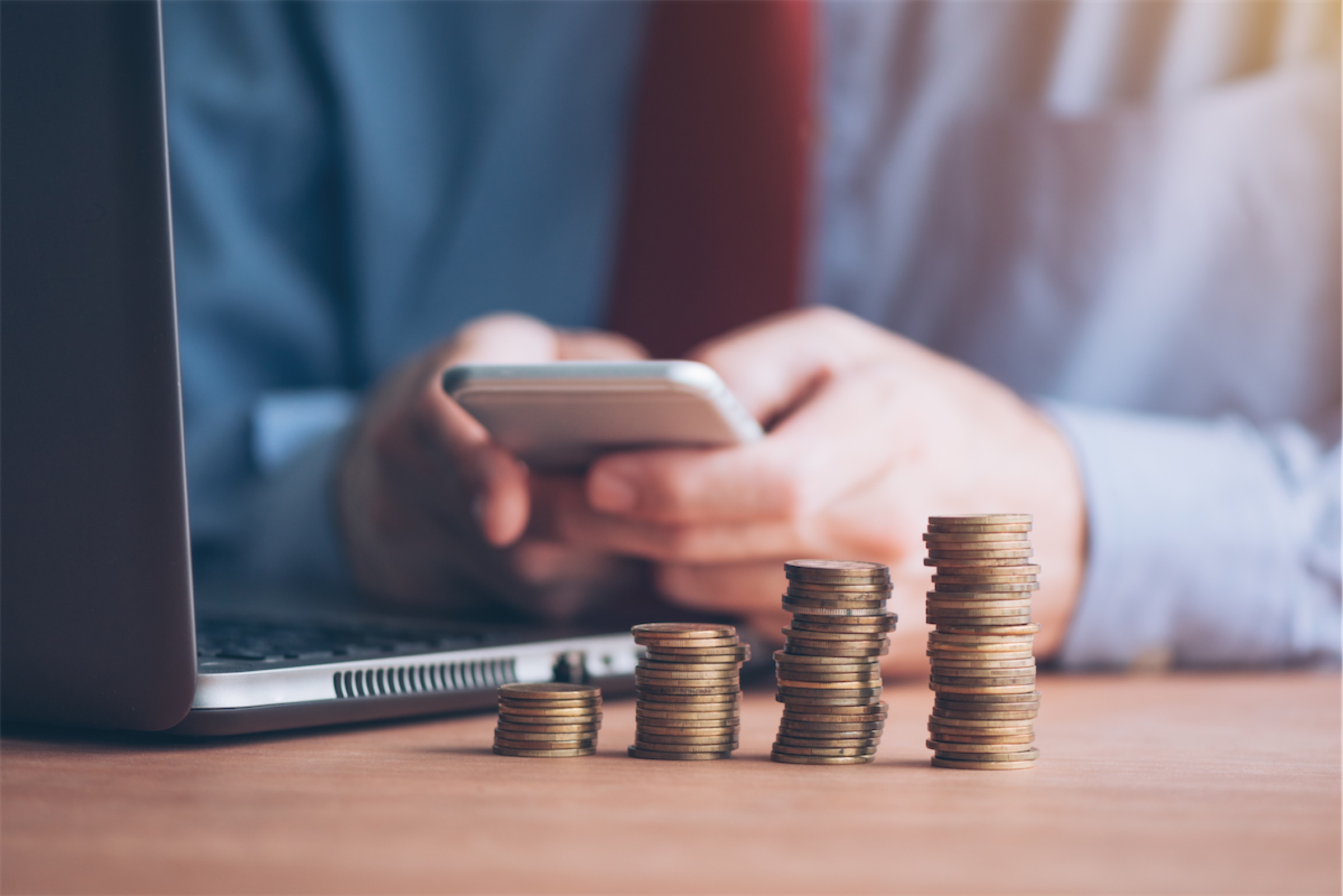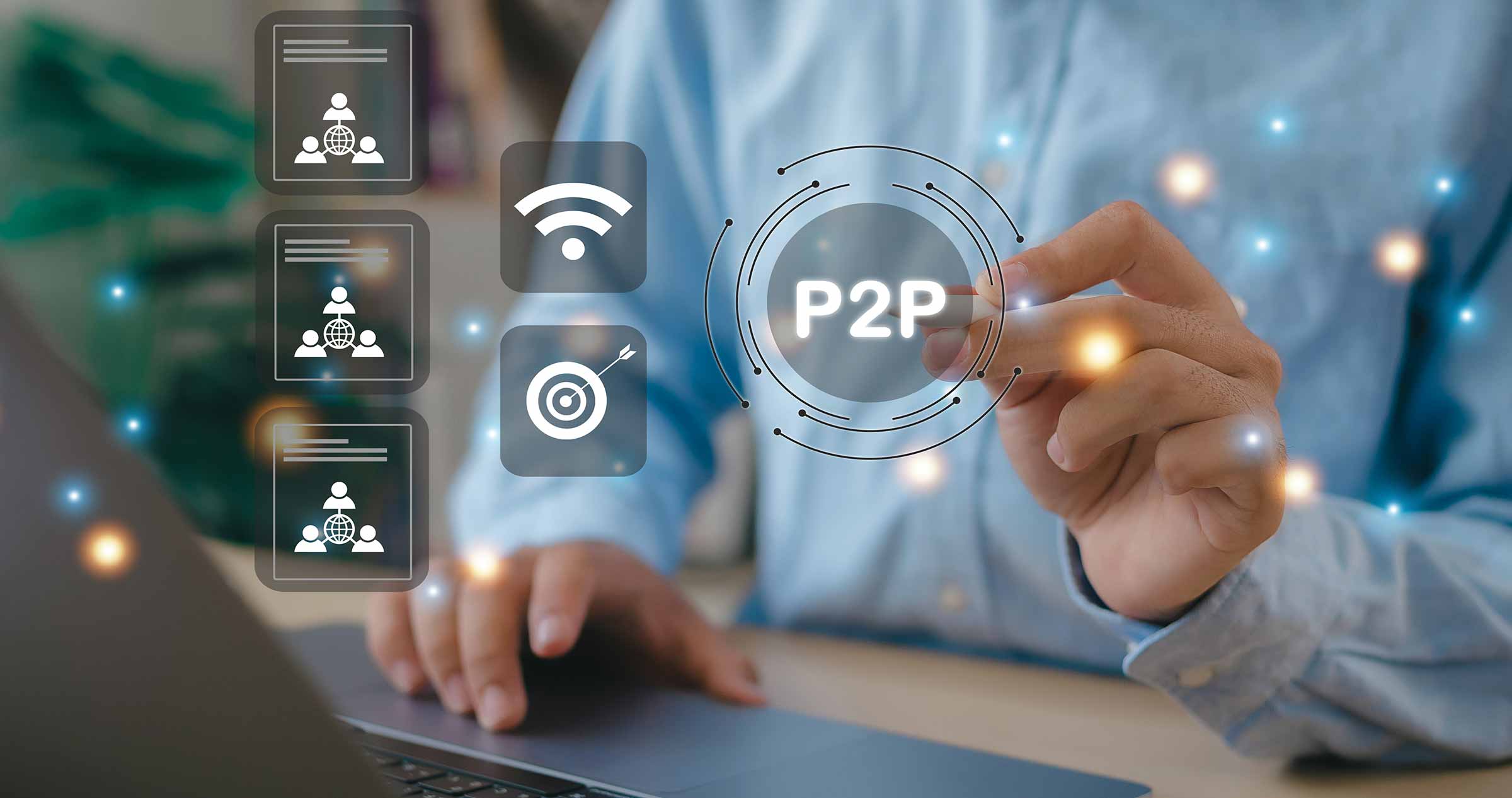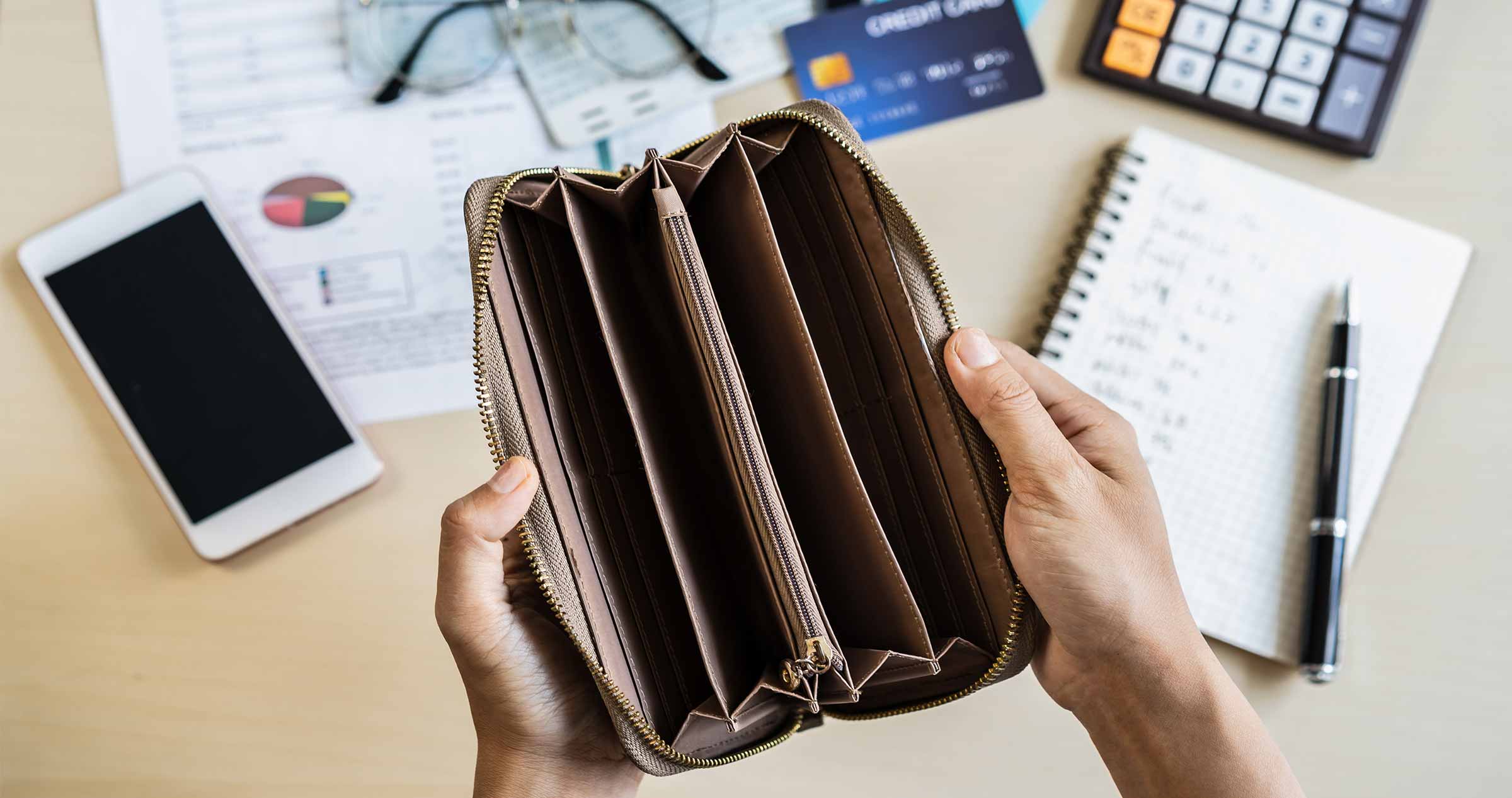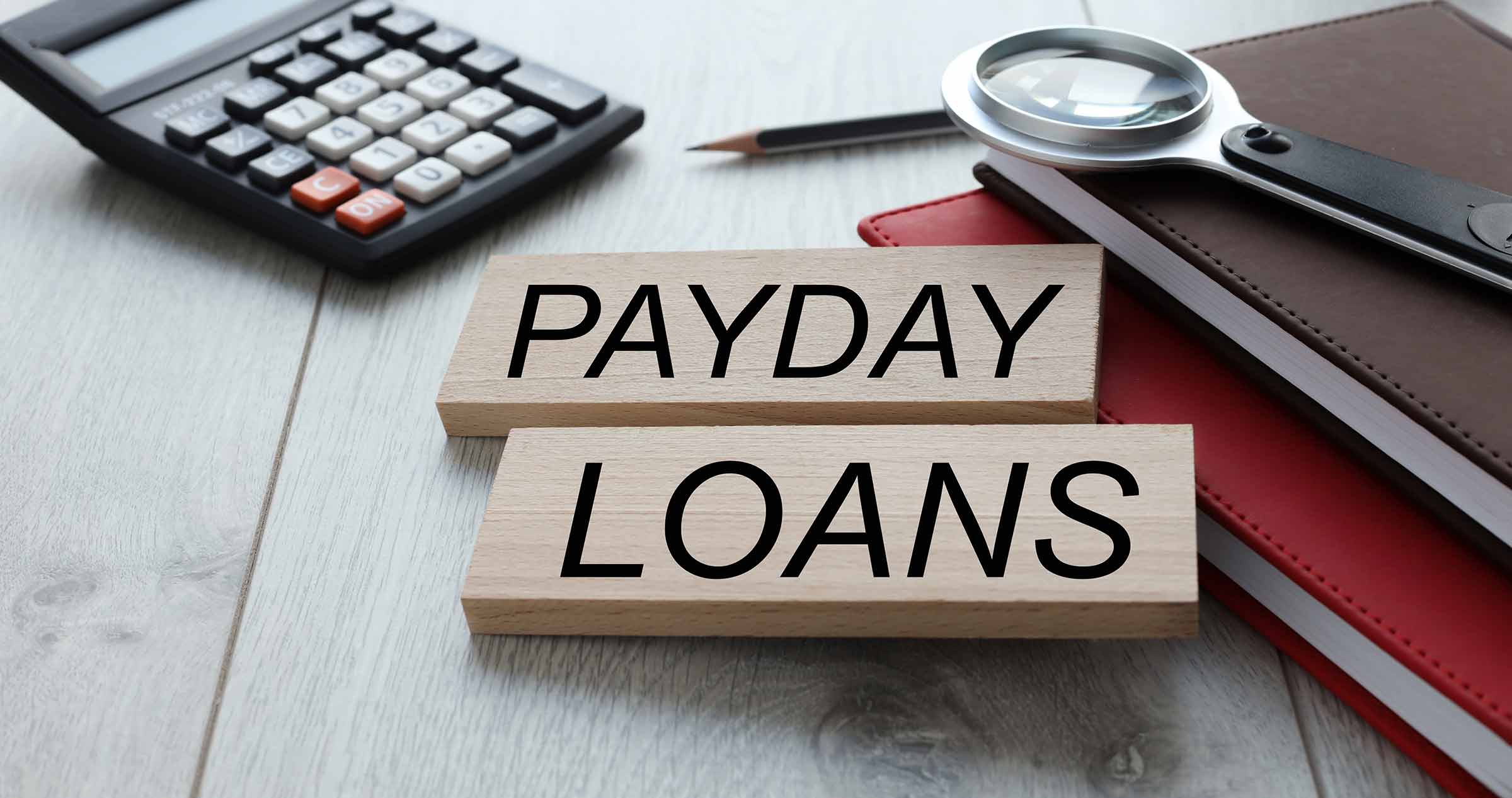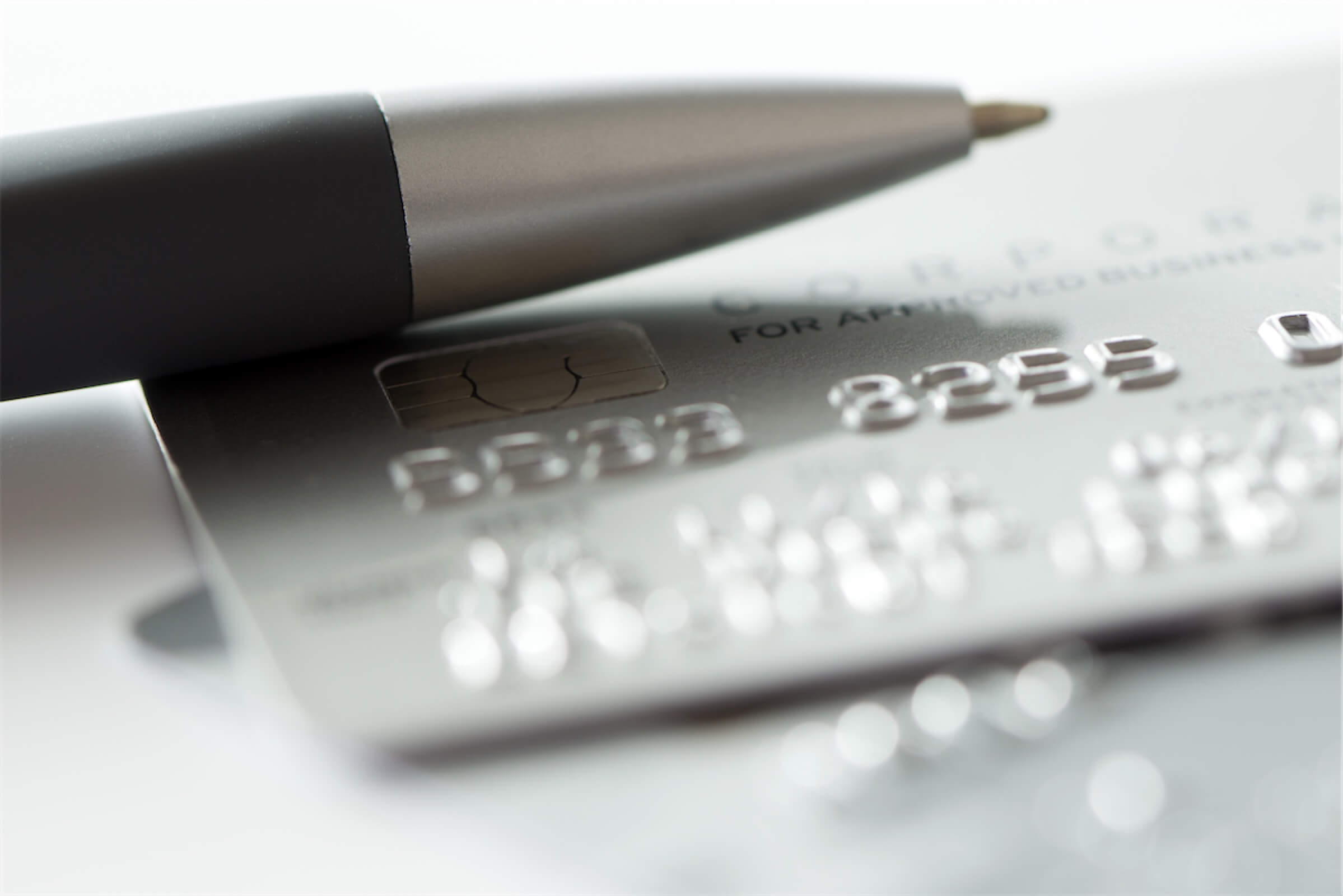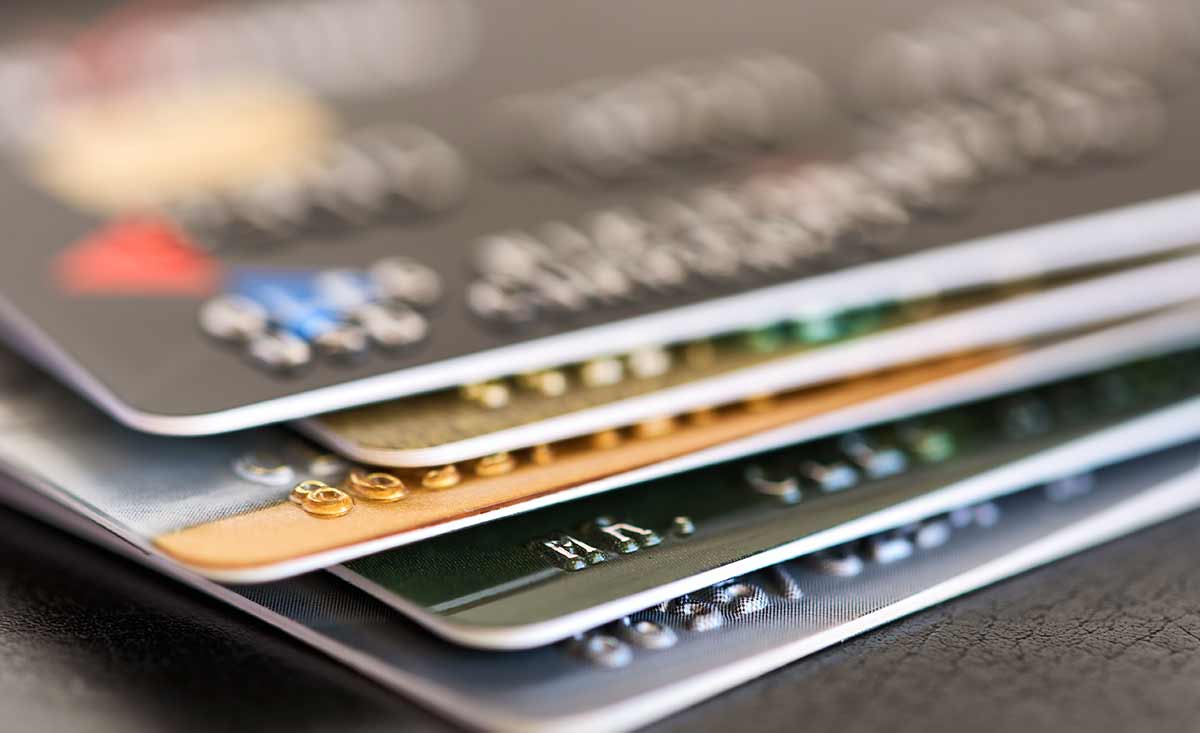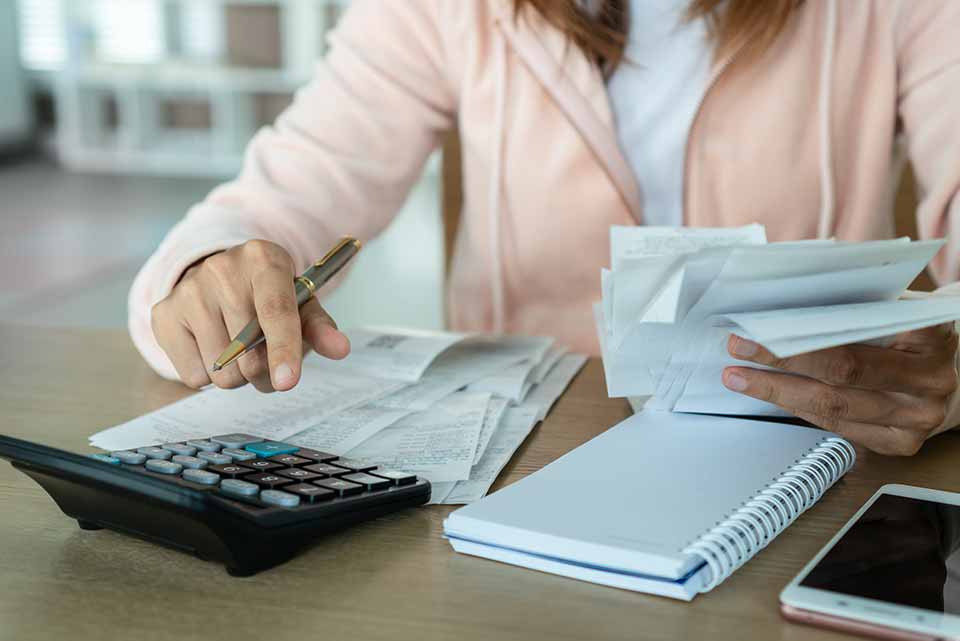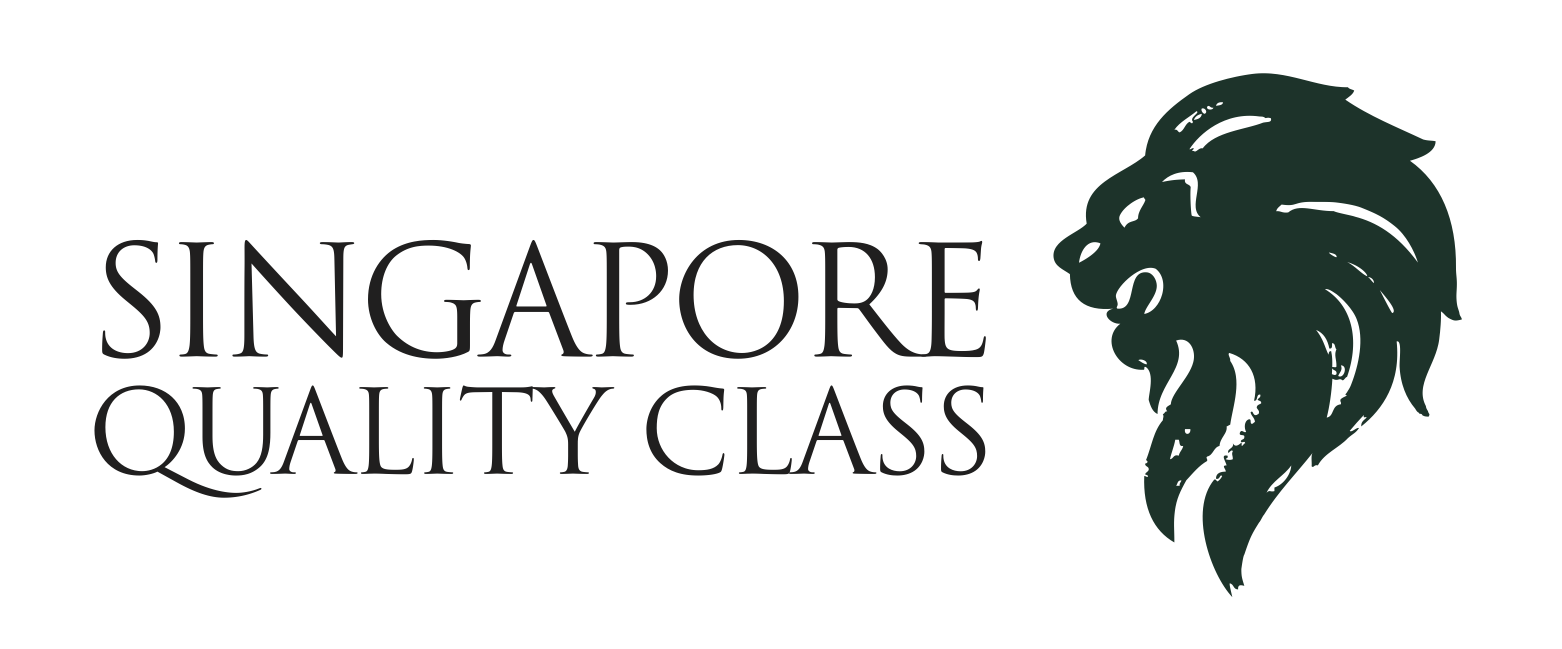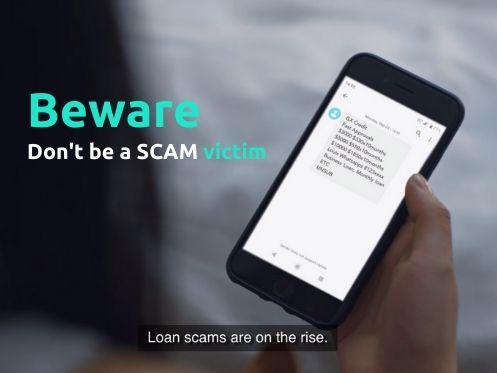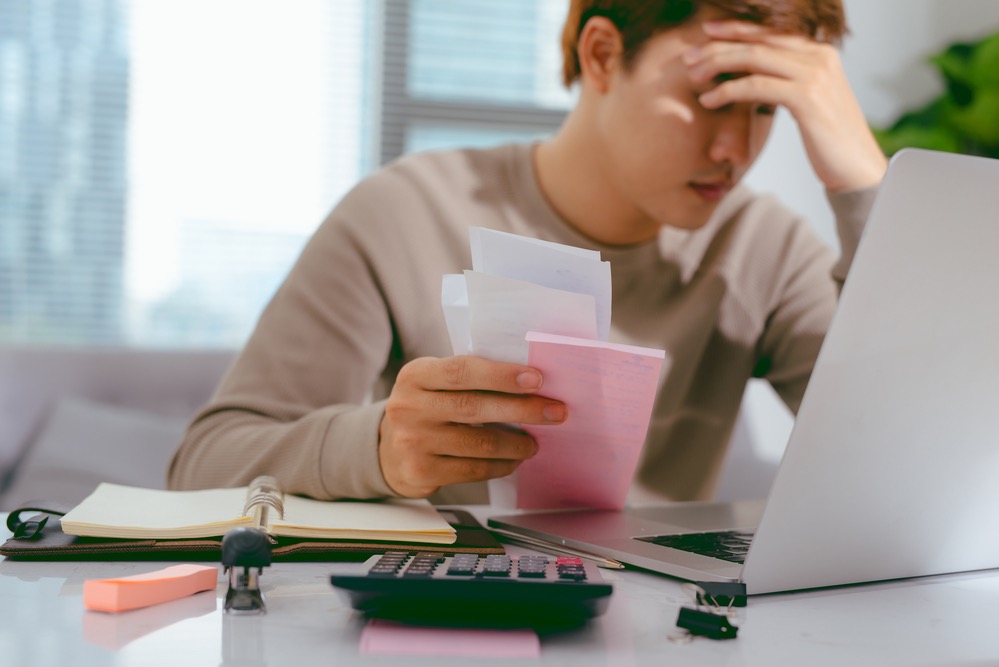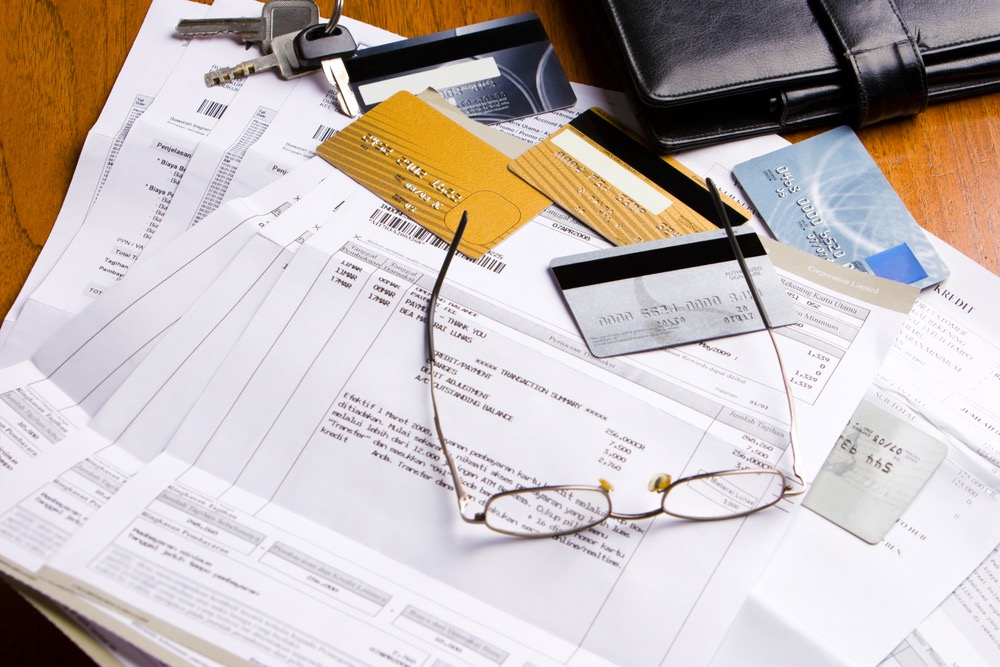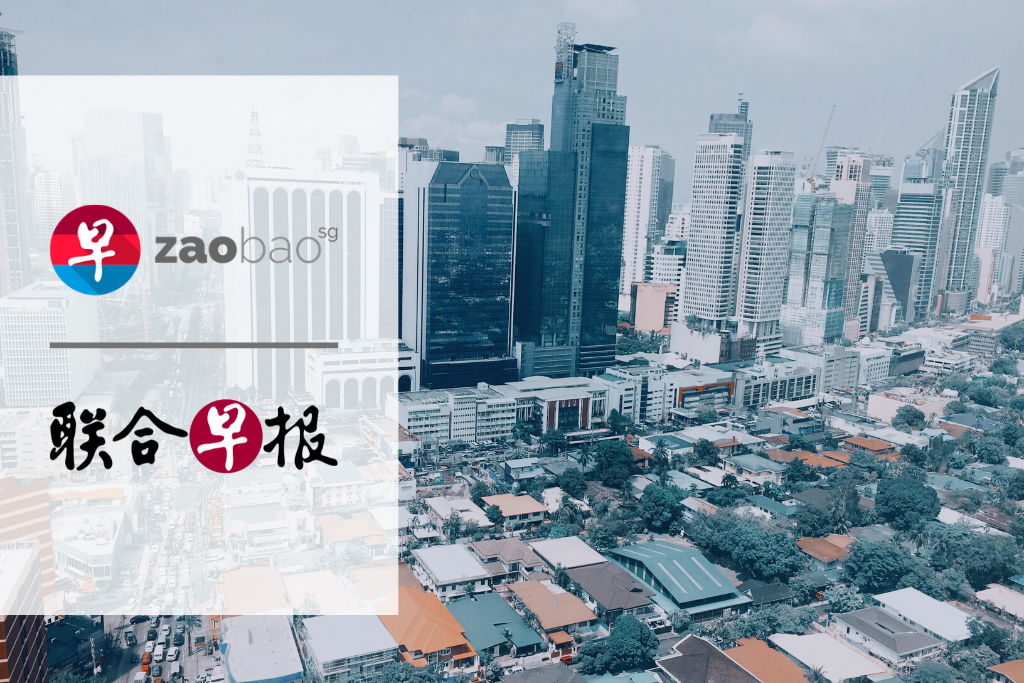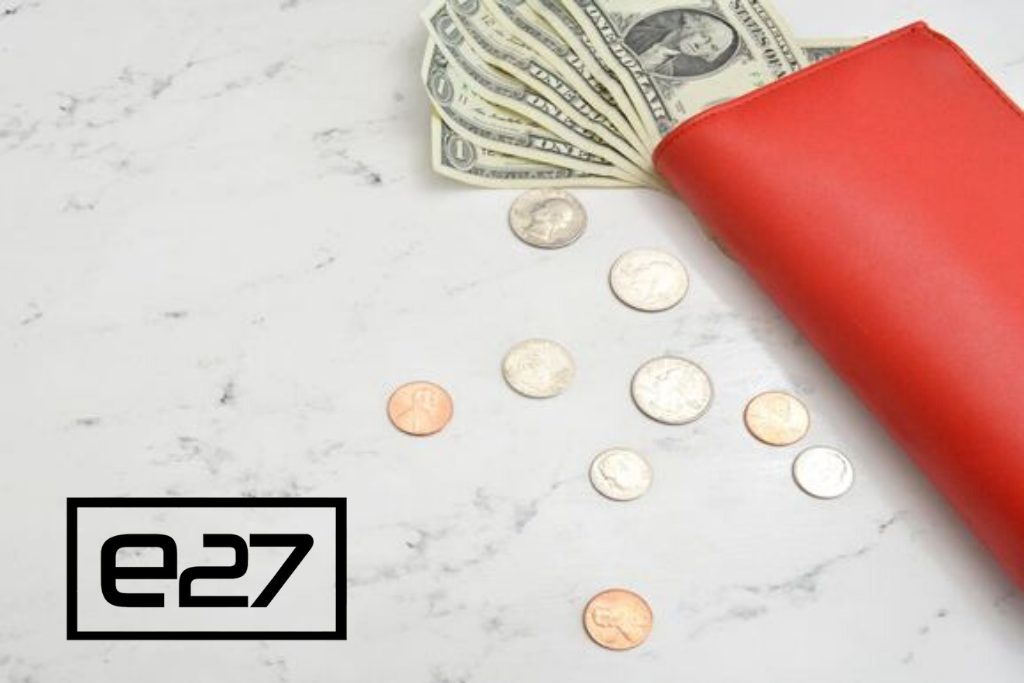
Some of us encounter financial difficulties at different junctures in life. In such situations, borrowing from lenders like banks or licensed money lenders in Singapore would be among the available options to help get you back on your feet.
Whether you borrow from a bank or licensed money lender, you’re of course obligated to make loan repayments within set timeframes. Sometimes borrowers may face situations that affect their ability to repay the loan. What happens then? What are the consequences if you’re unable to pay your loan, and what options do you have?
Before we dive into those areas, let’s first take a look at the important things you should do when a licensed money lender in Singapore grants you a personal loan.
What To Do When A Licensed Money Lender in Singapore Grants You A Loan
Before you sign anything, make sure that the licensed money lender informs you in writing on the terms and conditions of the loan—all licensed money lenders in Singapore are legally obligated to do so. These terms would include the following:
- Nominal interest rate
- Late interest charges
- Other fees
- Instalment payment details
The licensed money lender is also required by law to provide you with a cautionary statement warning of unlawful conduct carried out by some money lenders, and where you can make a complaint if needed.
Make sure you get a copy of the loan agreement for safekeeping and documentation. Also, make your repayments on time to avoid any late payment fees, and remember to keep the receipt every time you’ve made your payment.
If you have difficulty understanding any information provided by the licensed money lender, don’t hesitate to seek clarification.
What Happens If You Default On Your Loan Repayment To A Licensed Money Lender In Singapore?
From severely affecting your credit score to possibly being sued, here’s what could happen if you default on your loan repayment.
1. Your Credit Score Will Be Badly Affected
Being unable to pay your loans can adversely affect your credit history, making it very difficult for you to get a loan in future. This is no trivial matter—imagine not being to take out a loan for a new home or a medical emergency. Even if you’re lucky enough to find a lender who’s willing to loan you funds despite your poor credit history, the terms usually won’t be in your favour.
Wondering what else can bring down your credit score? Find out here.
2. The Licensed Money Lender Can Sue You
Failure to repay your loan can result in the licensed money lender taking legal action against you. This is especially if the loan has been secured by an asset. Of course, most licensed money lenders would much rather not resort to such measures.
3. You Could End Up Losing Your Collateral
If you took a secured loan, you could end up losing the collateral you pledged—whether it’s your car or a high-value asset. While this may seem drastic, that’s just the nature of secured loans—it’s how a licensed money lender can recoup its losses should you default.
What Should You Do If You Can’t Repay Your Loan To A Licensed Money Lender In Singapore?
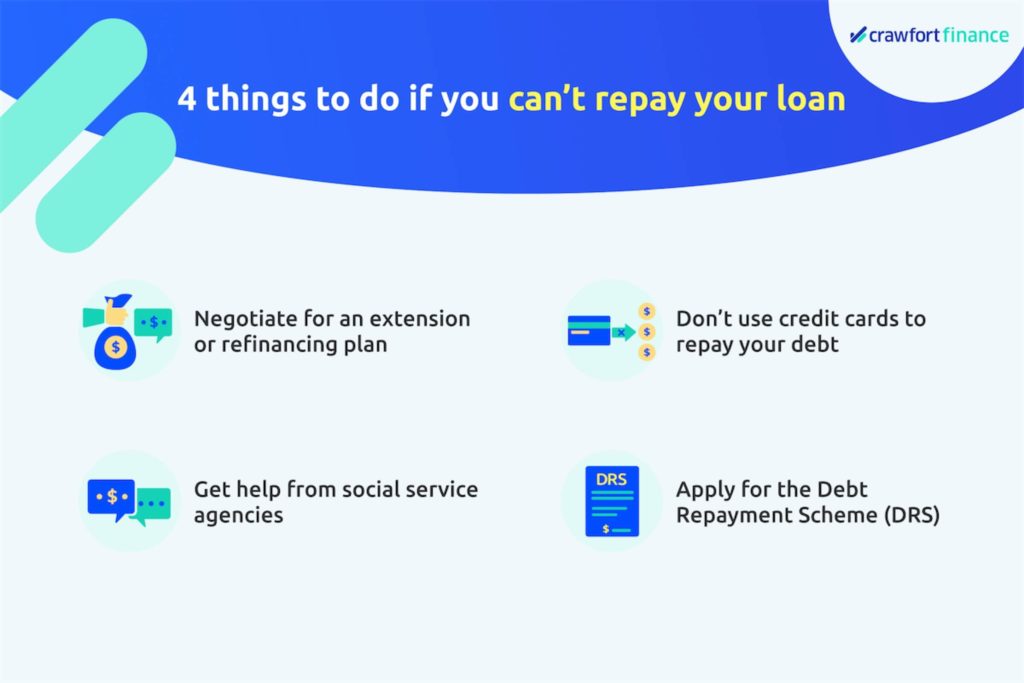
Not being able to repay your loan isn’t exactly the end of the world. There are still things you can do to prevent legal action against you, or to at least make things easier for yourself.
1. Negotiate With The Licensed Money Lender
It’s a good idea to discuss with your licensed money lender the possibility of getting an extension or a refinancing plan.
However, note that you might need to incur additional fees. If you demonstrate that you’re sincere on repaying your loan, licensed money lenders in Singapore might potentially be open to such negotiations.
2. Avoid Paying Off Your Debt With Credit Cards
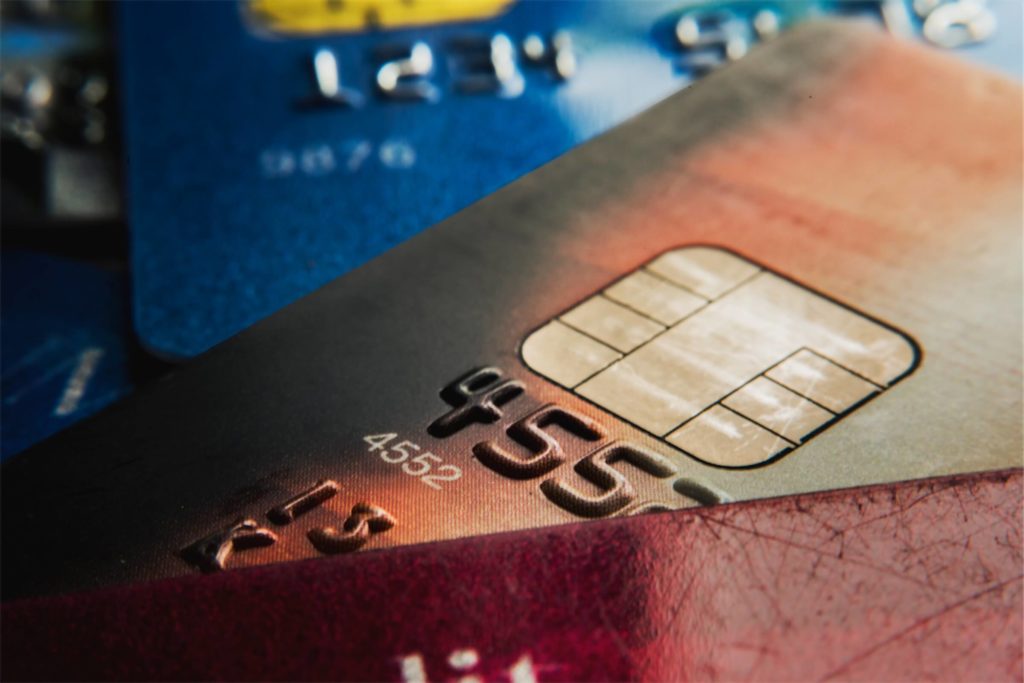
Paying off your loans using your credit card is a bad idea. You don’t want to risk getting yourself into credit card debt, especially when you won’t be able to pay off the full balance at the end of the month and still have to incur the high interest rate credit cards typically have. Under such an option, you just might find it more difficult to repay your debt.
3. Get Help From Social Service Agencies
Another way to help you pay off your loans is by getting the right advice. There are social services in Singapore that can advise you on managing your finances and help with facilitating loan repayment arrangements.
Here are some social agencies in Singapore that you can turn to should you find yourself unable to repay your debts.
Credit Counselling Singapore
Credit Counselling Singapore (CCS) is a non-profit social service agency committed to helping people who are in serious debt or struggling financially. The agency will be able to help you through debt counselling and by facilitating debt repayment arrangements. In addition, they also have workshops and seminars that teach you how to use credit responsibly and better manage your finances.
Learn more about credit counselling here.
Blessed Grace Social Services
Blessed Grace Social Services (BGSS) is a non-profit organisation that has programmes and services on debt consolidation, helping borrowers in distress.
BGSS provides the following 3-step recovery plan to borrowers.
- Call their helpline at 8428 6377
- Meet with BGSS to talk
- Attend support group meetings (weekly)
4. Apply For The Debt Repayment Scheme (DRS)
You can voluntarily file for bankruptcy if you owe and cannot repay debts of at least S$15,000. This is usually considered as the last resort. What then happens is that the accumulation of interest charges will be frozen. Licensed money lenders also won’t be able to carry out legal proceedings until you have been discharged from bankruptcy.
Find what happens if you file for bankruptcy here.
However, there’s an alternative to filing for bankruptcy—the Debt Repayment Scheme (DRS).
Under the DRS, creditors won’t be able to carry out any legal action against you unless allowed by the court. You’ll then need to repay your debts to the creditors over a period of time—an Official Assignee (OA) from the court will work with you to plan a feasible repayment schedule.
What’s The Eligibility Criteria For The DRS?
You’ll first need to apply for bankruptcy with the court to apply for the DRS. However, if your creditors have already carried out bankruptcy proceedings against you, the court will refer you to the Insolvency Office to assess your eligibility for the DRS.
You’ll be eligible for the DRS if you meet the following conditions.
| Conditions to be eligible for DRS | |
| Total debt amount | Not exceeding S$100,000 (under the COVID-19 Temporary Measures Act 2020, this amount have increased to S$250,000) |
| Financial history | Not a bankrupt in the past 5 years |
| Have not been on the DRS during the last 5 years | |
| Ownership | Not a sole proprietor or partner in a partnership |
There are also certain things you’re not allowed to do, such as
- Failing to disclose your property or any disposal of it to the OA
- Providing any false information or documents to the OA in relation to your finances
Once you’re eligible for the DRS, the OA will proceed to work with you to craft a Debt Repayment Plan (DRP).
While there are still options out there should you be unable to repay your debt to a licensed money lender in Singapore, prevention is always better than cure.
It’s still best that you practice good judgment and financial planning when taking out a loan. That way, you don’t have to worry about finding yourself not able to repay your loan and dealing with unpleasant consequences like a poor credit score.
Learn what licensed money lenders in Singapore can and cannot do when it comes to collecting debt.
Ready to apply for a personal loan? Get in touch with Crawfort today!



